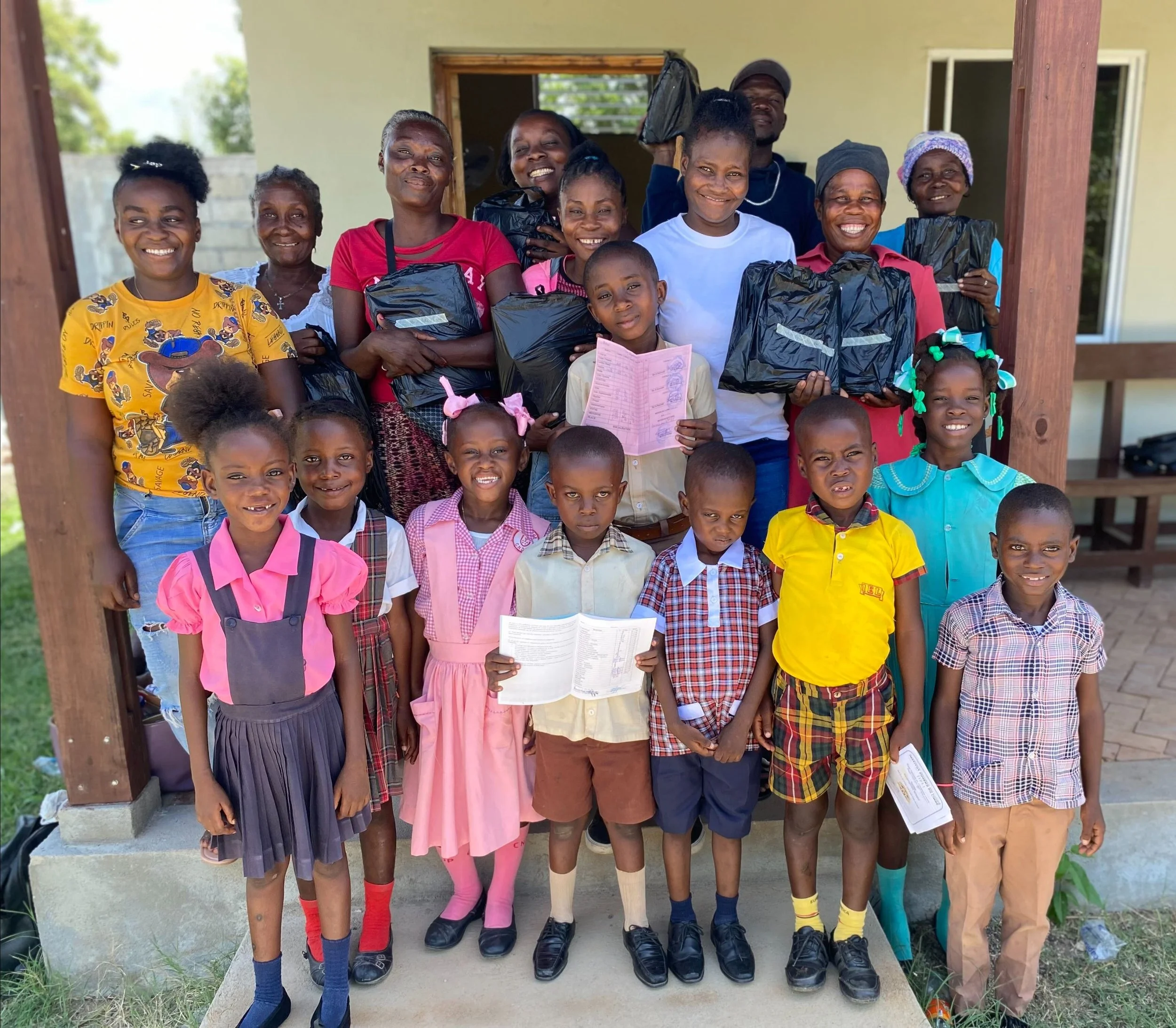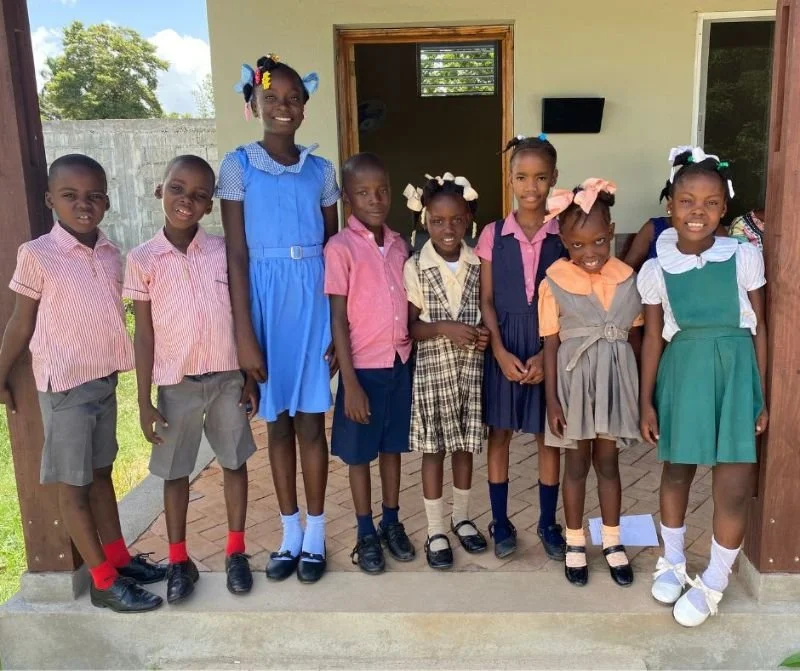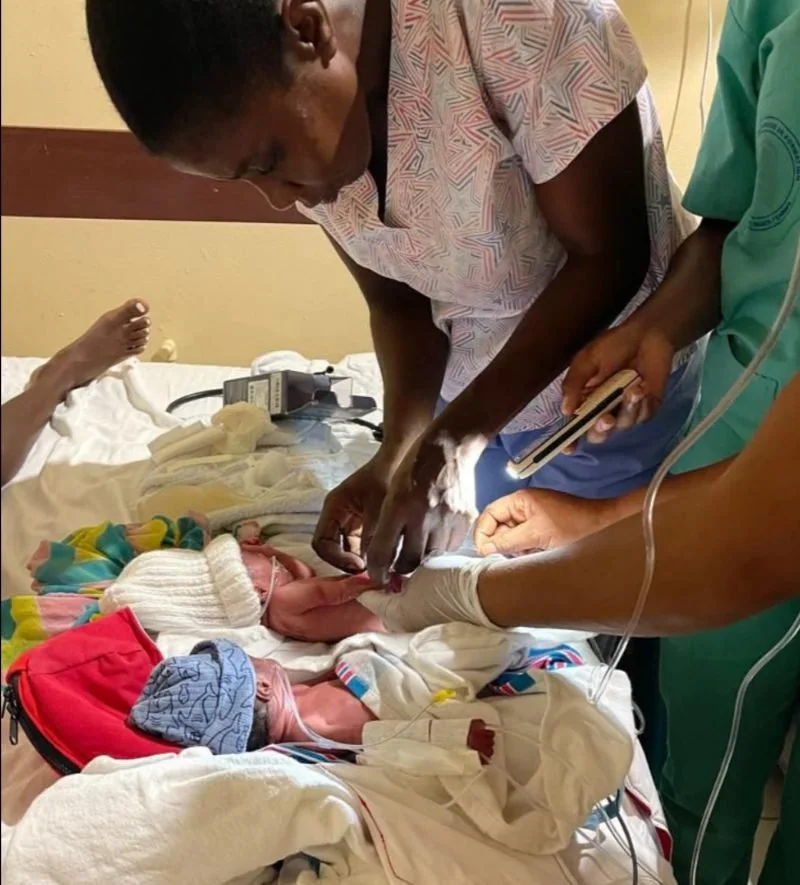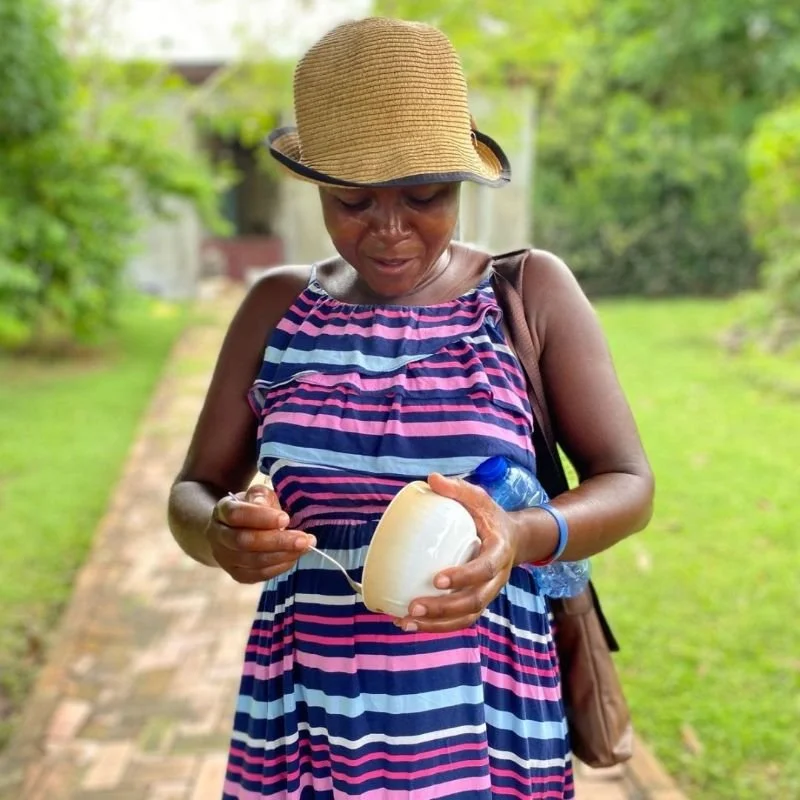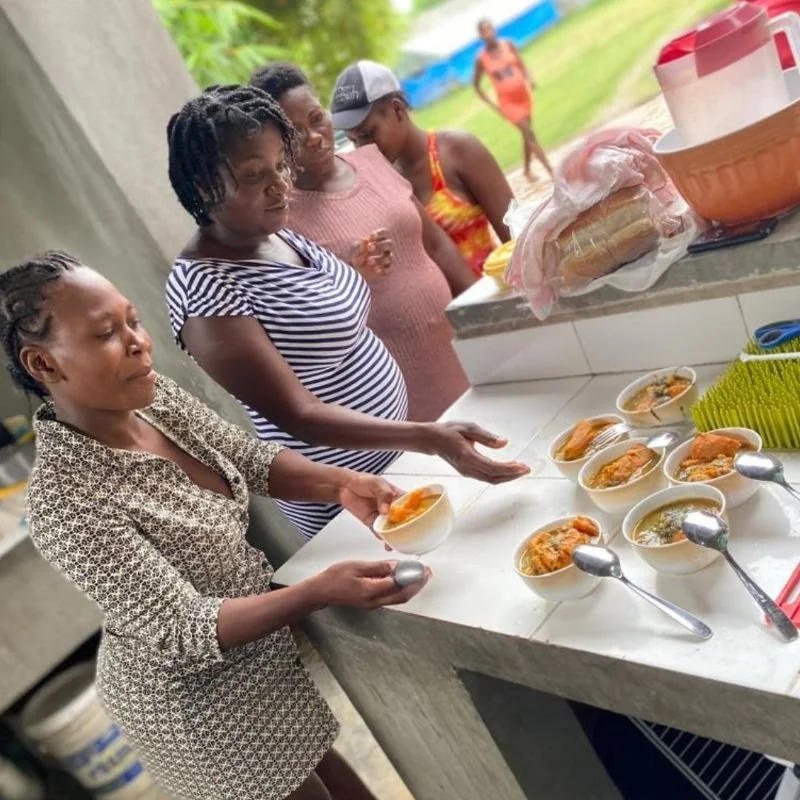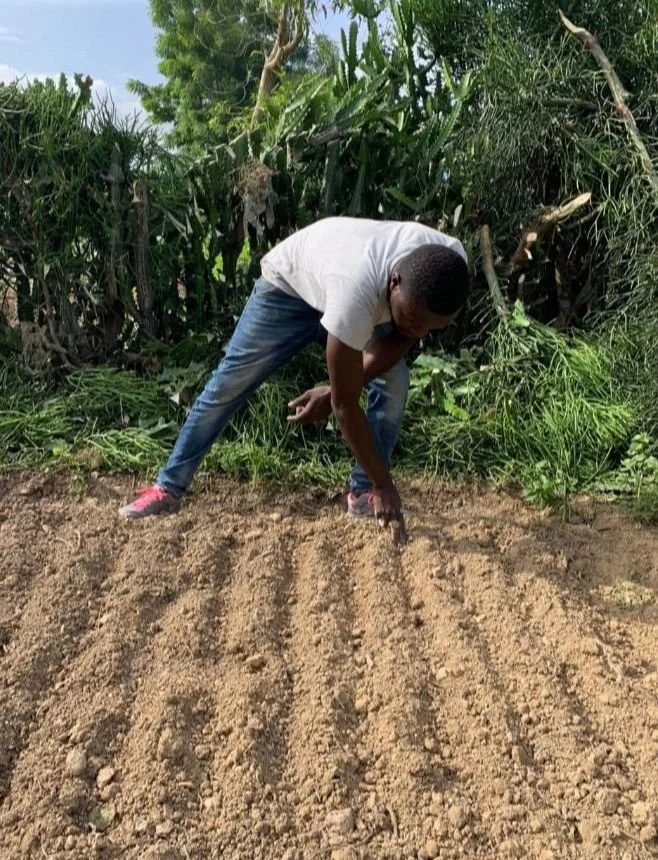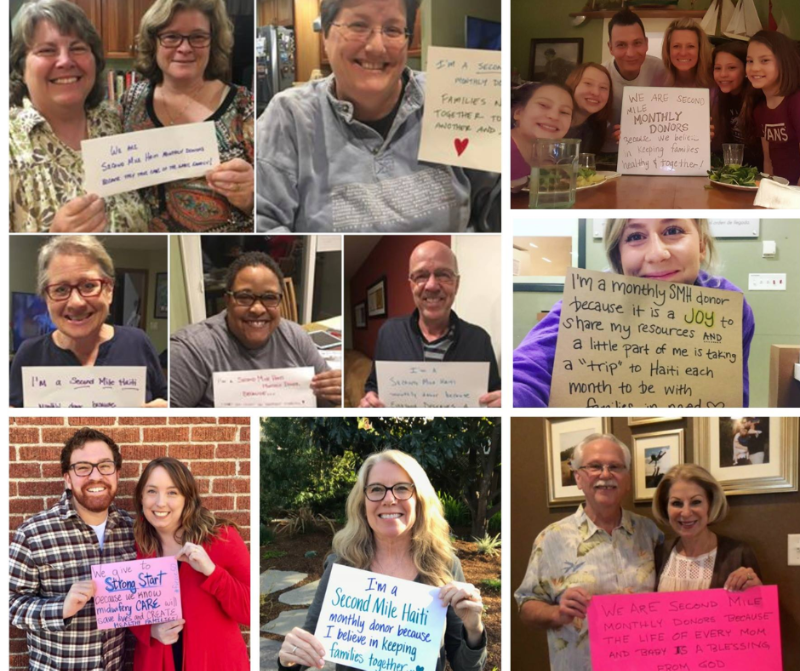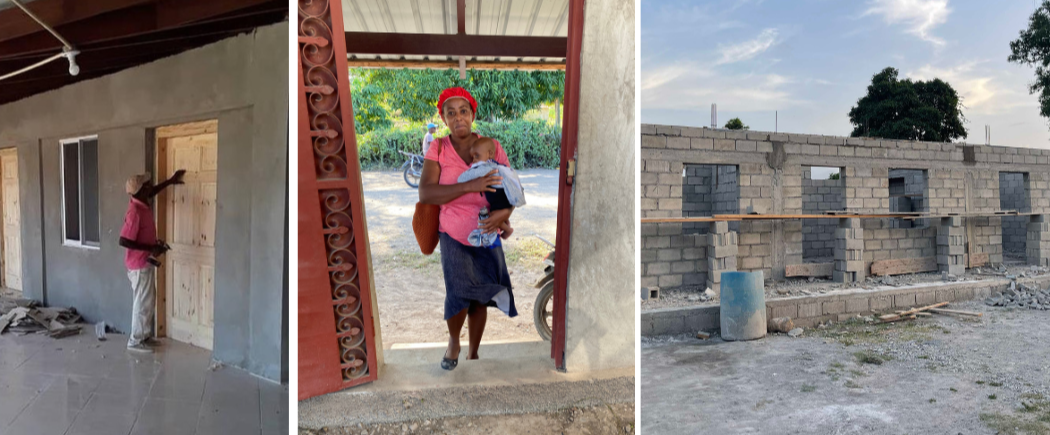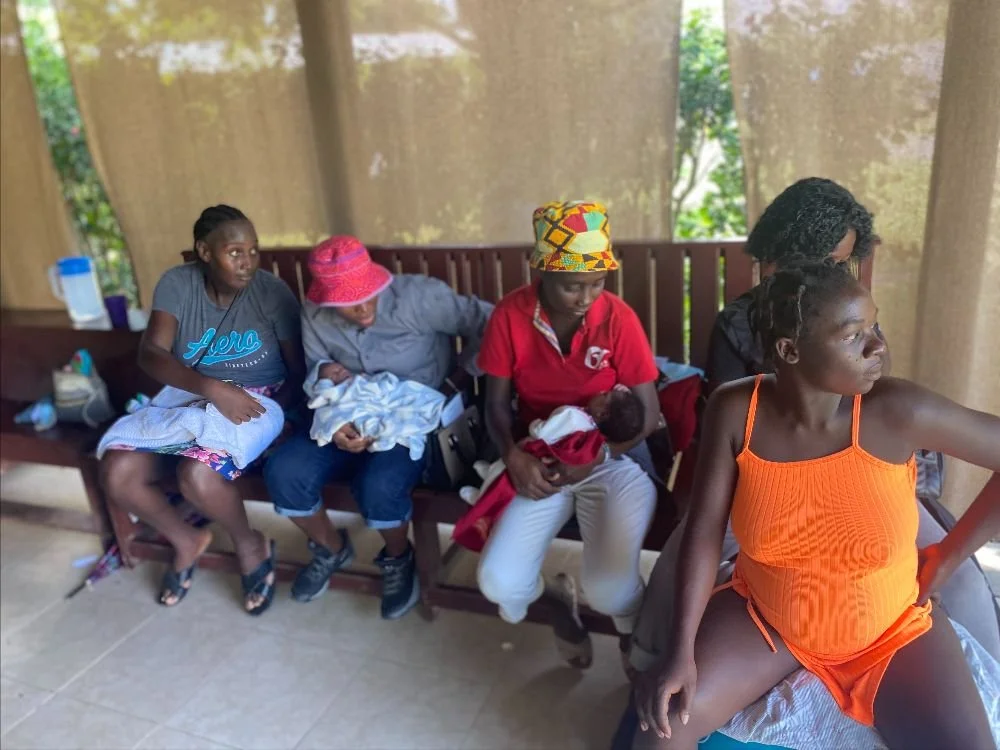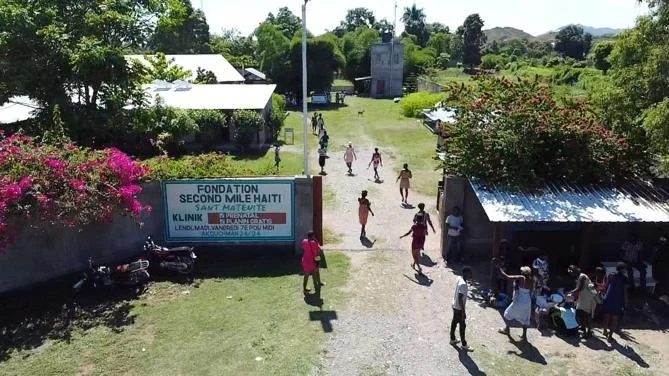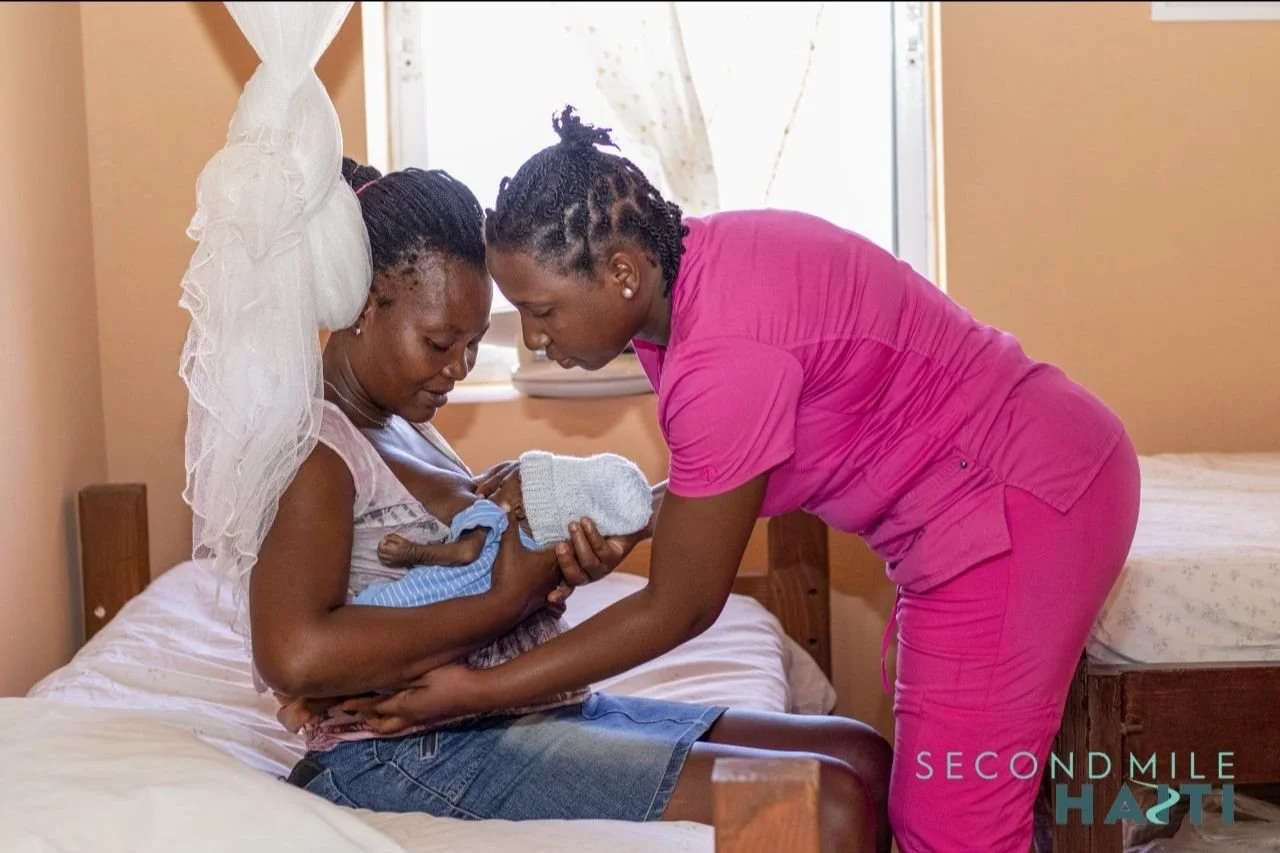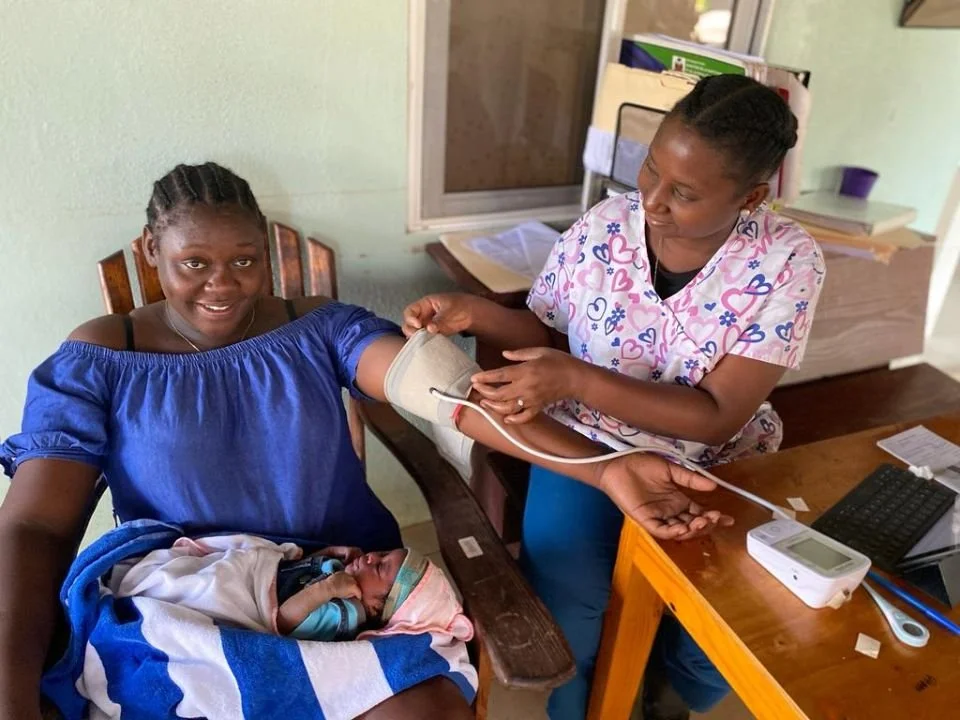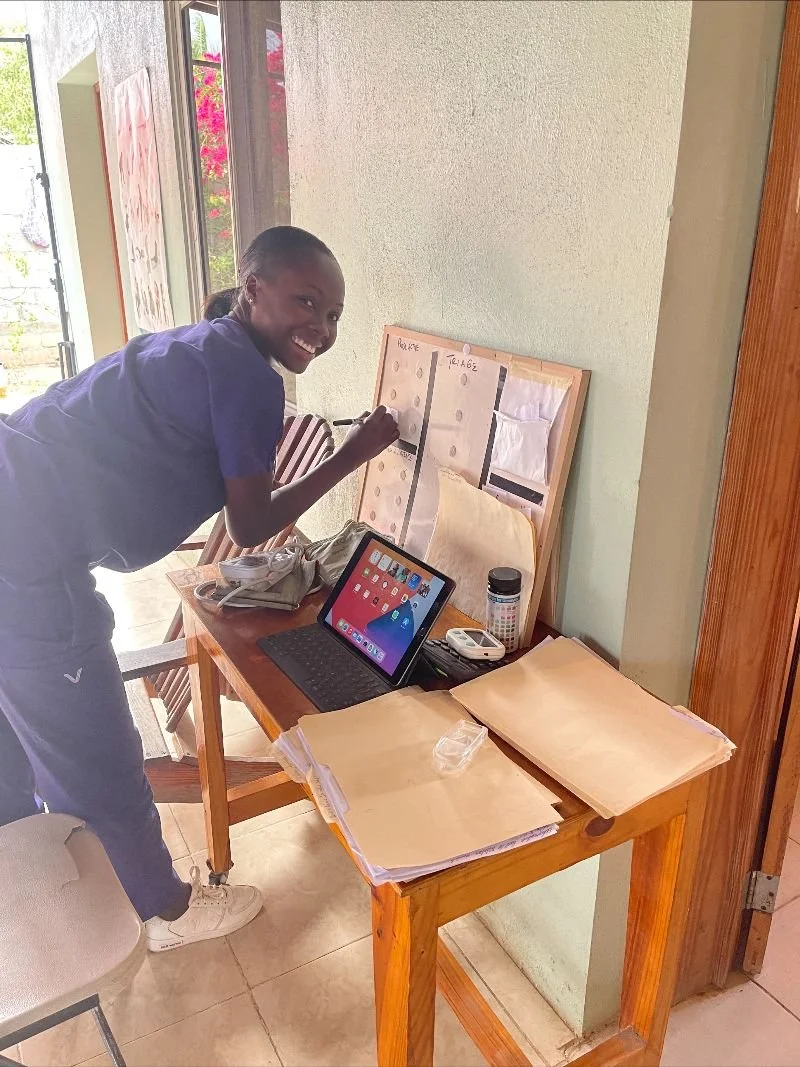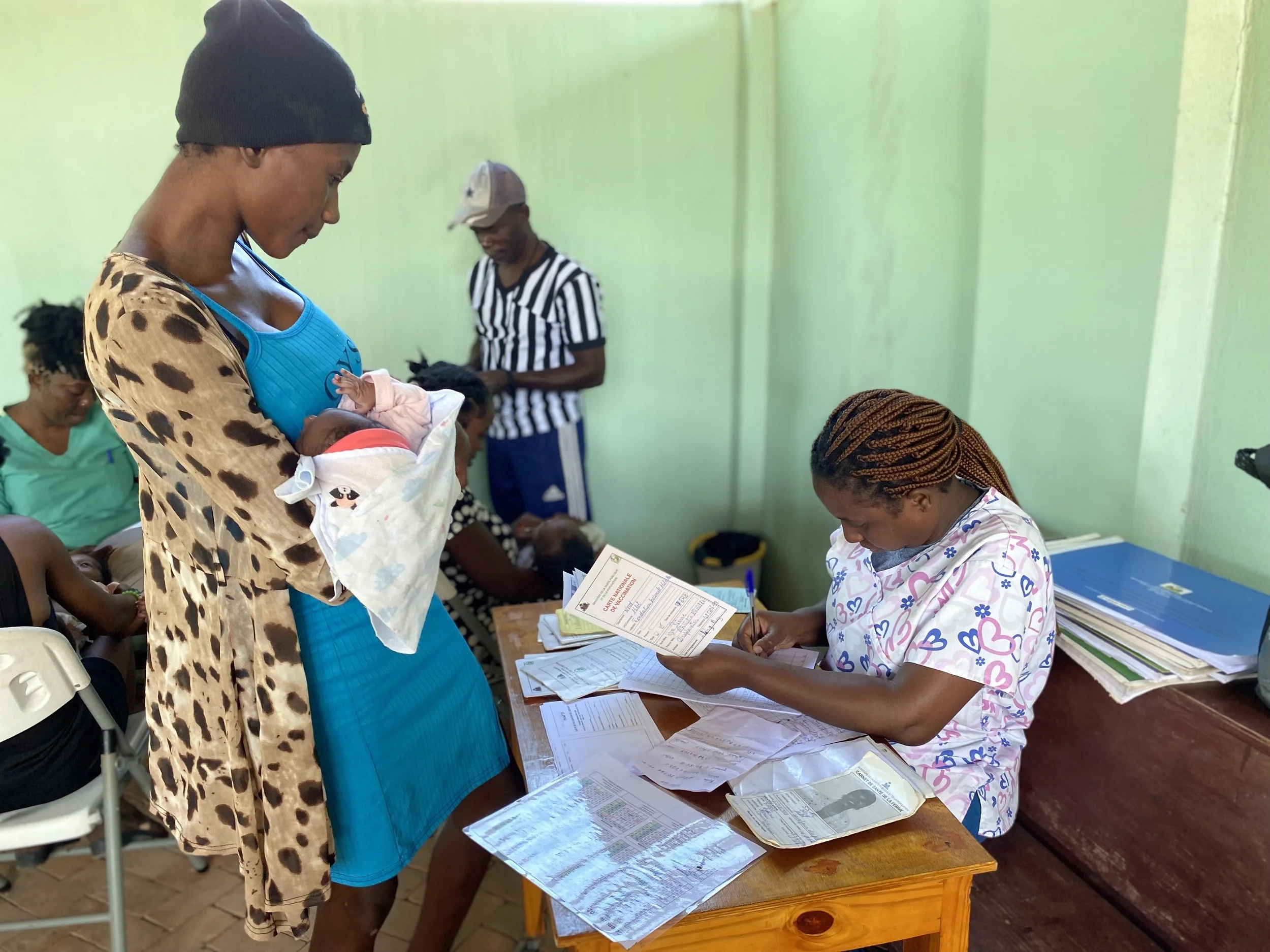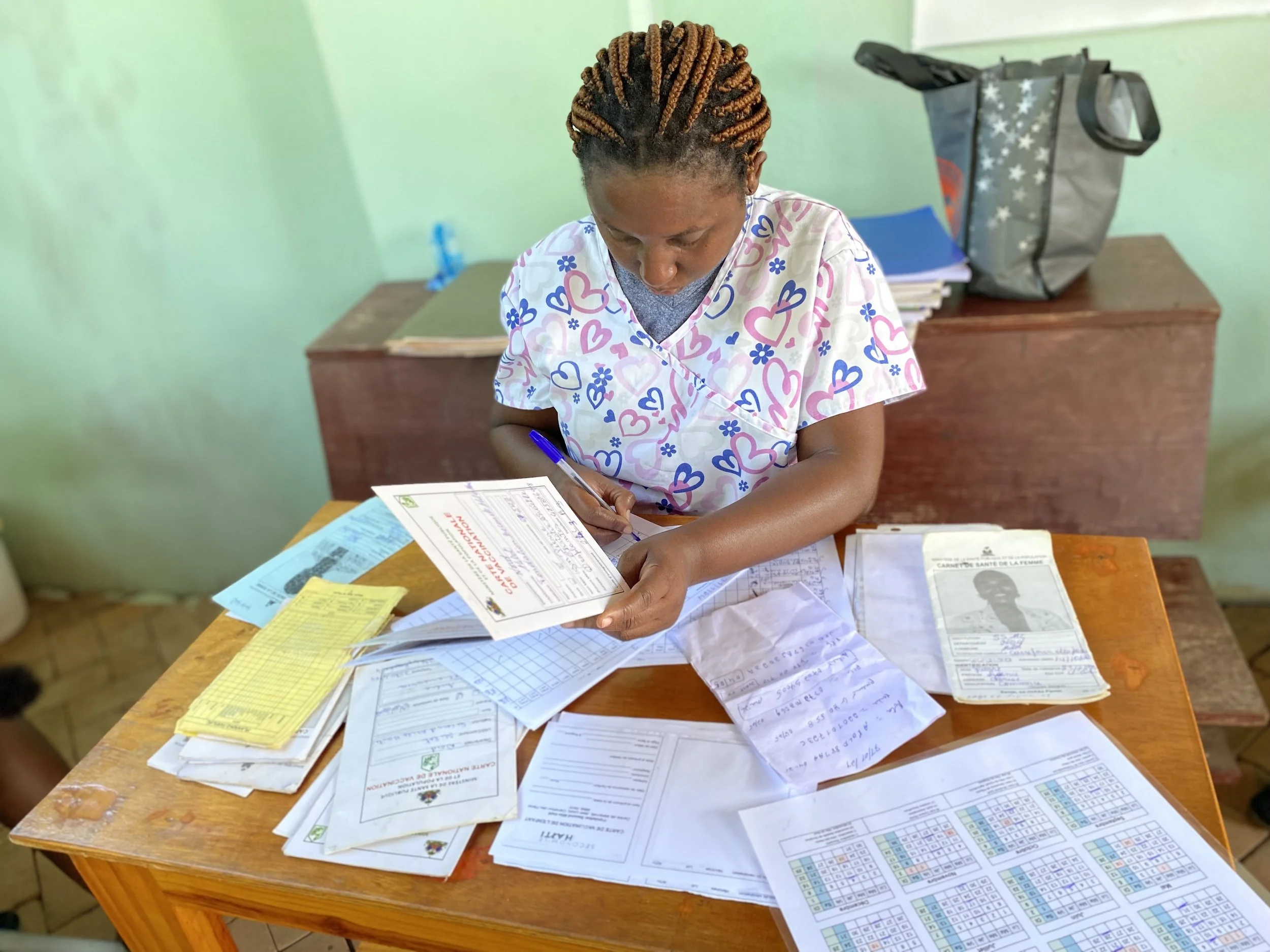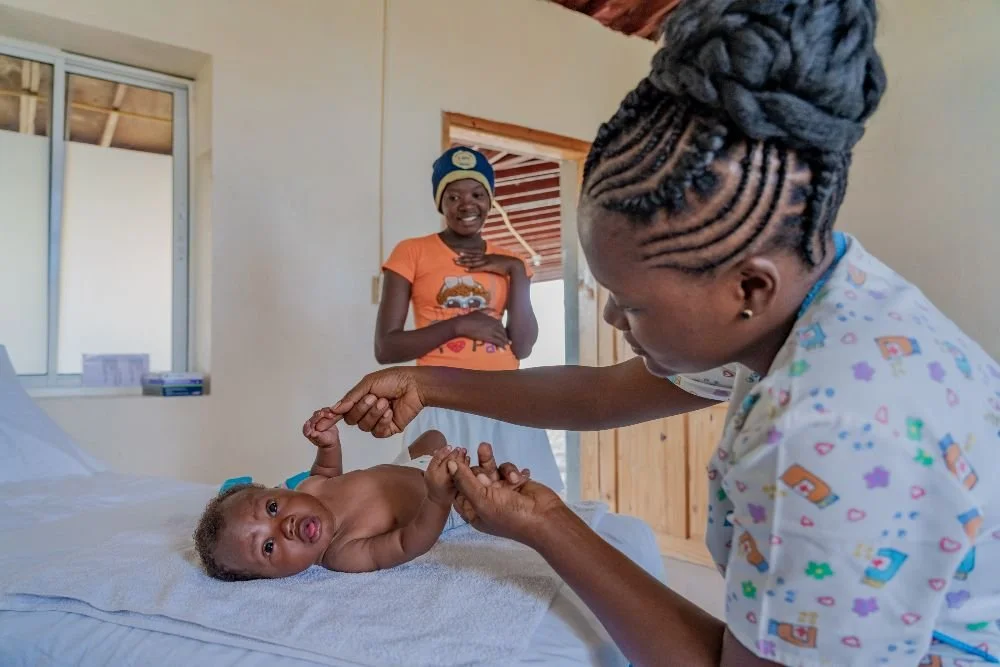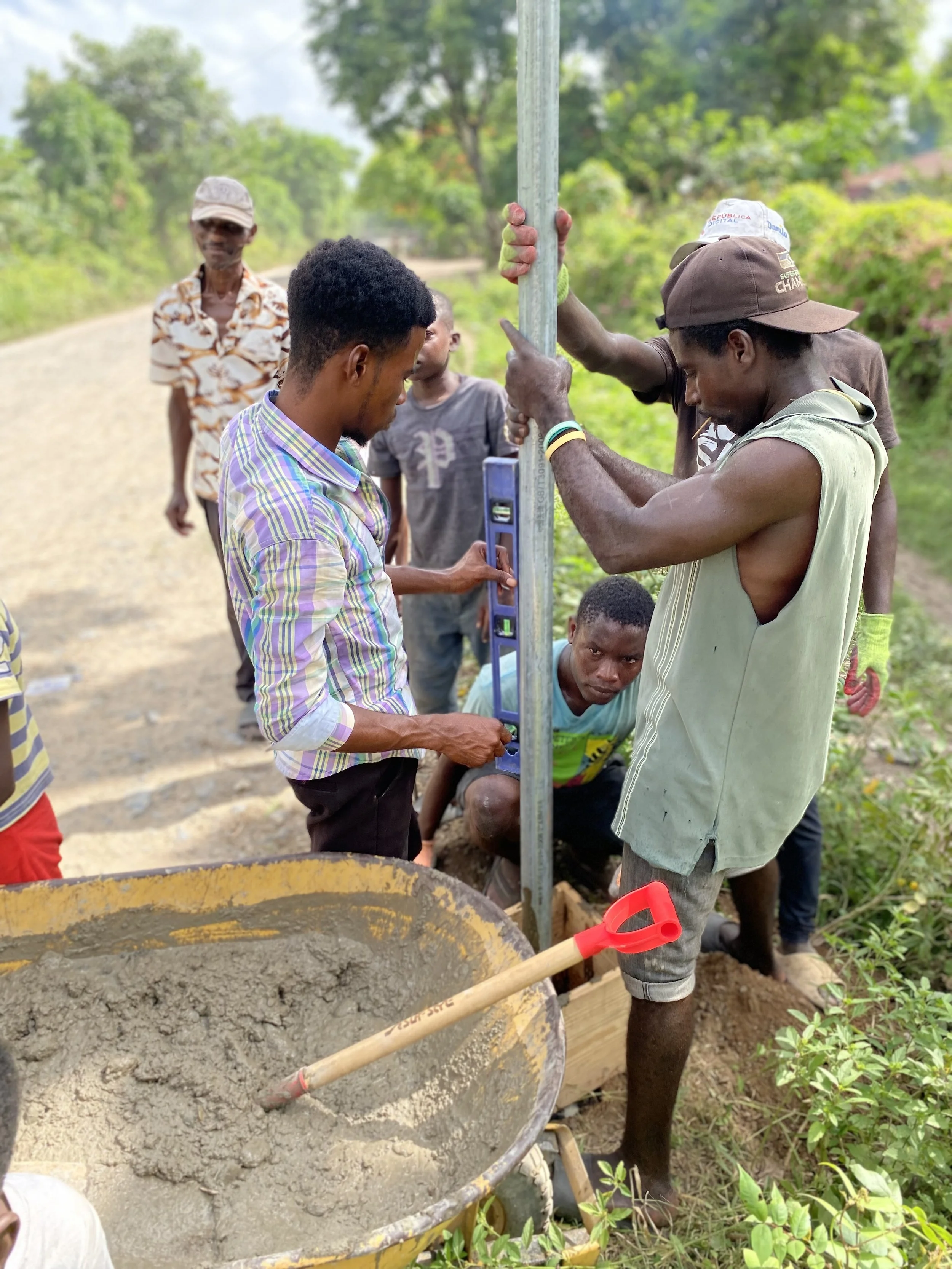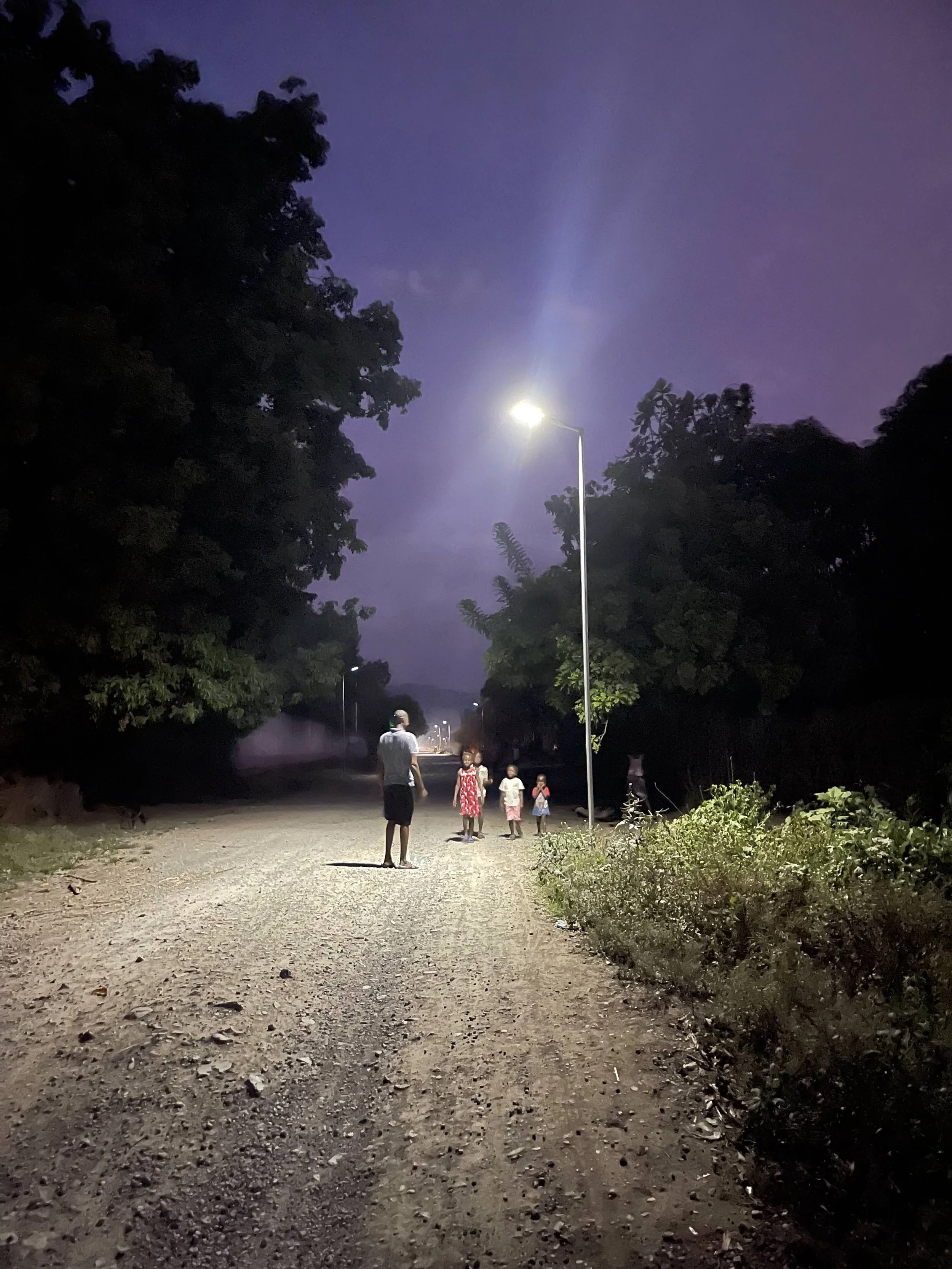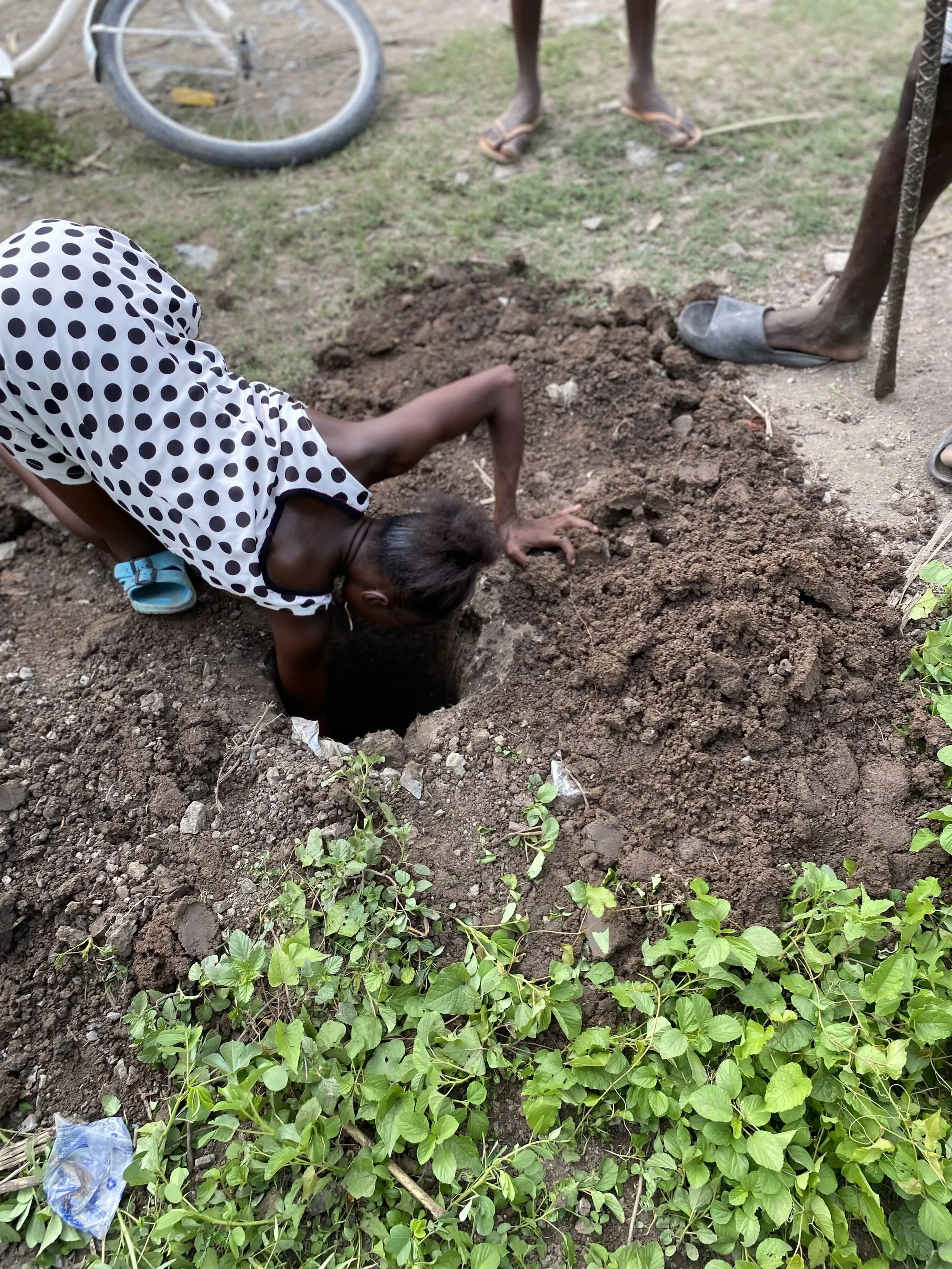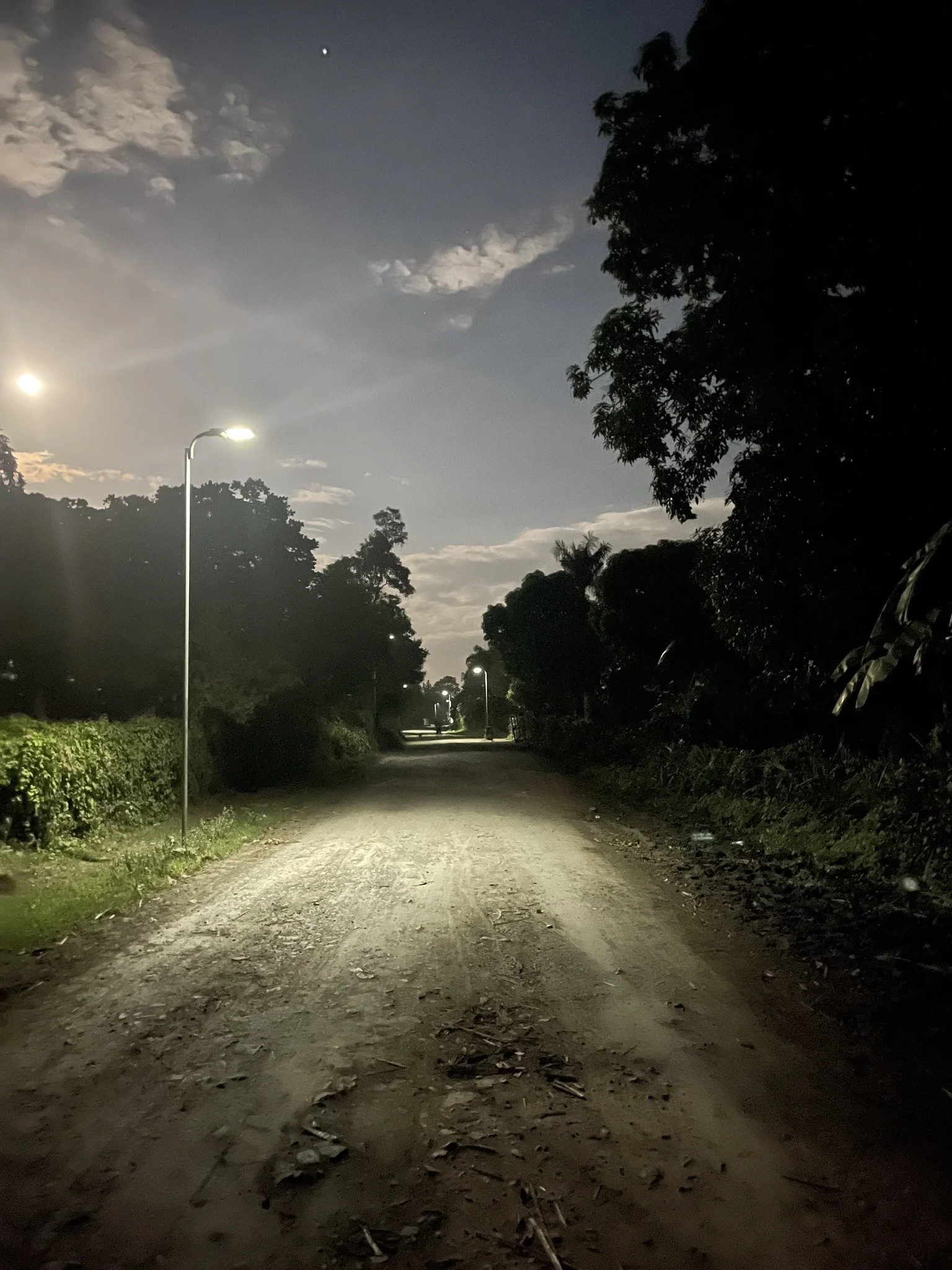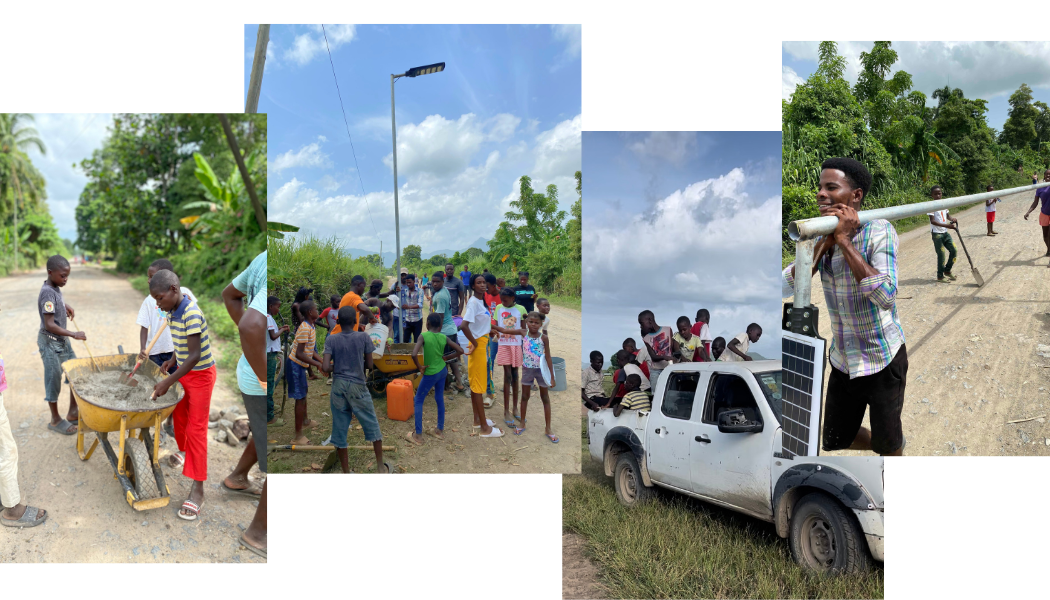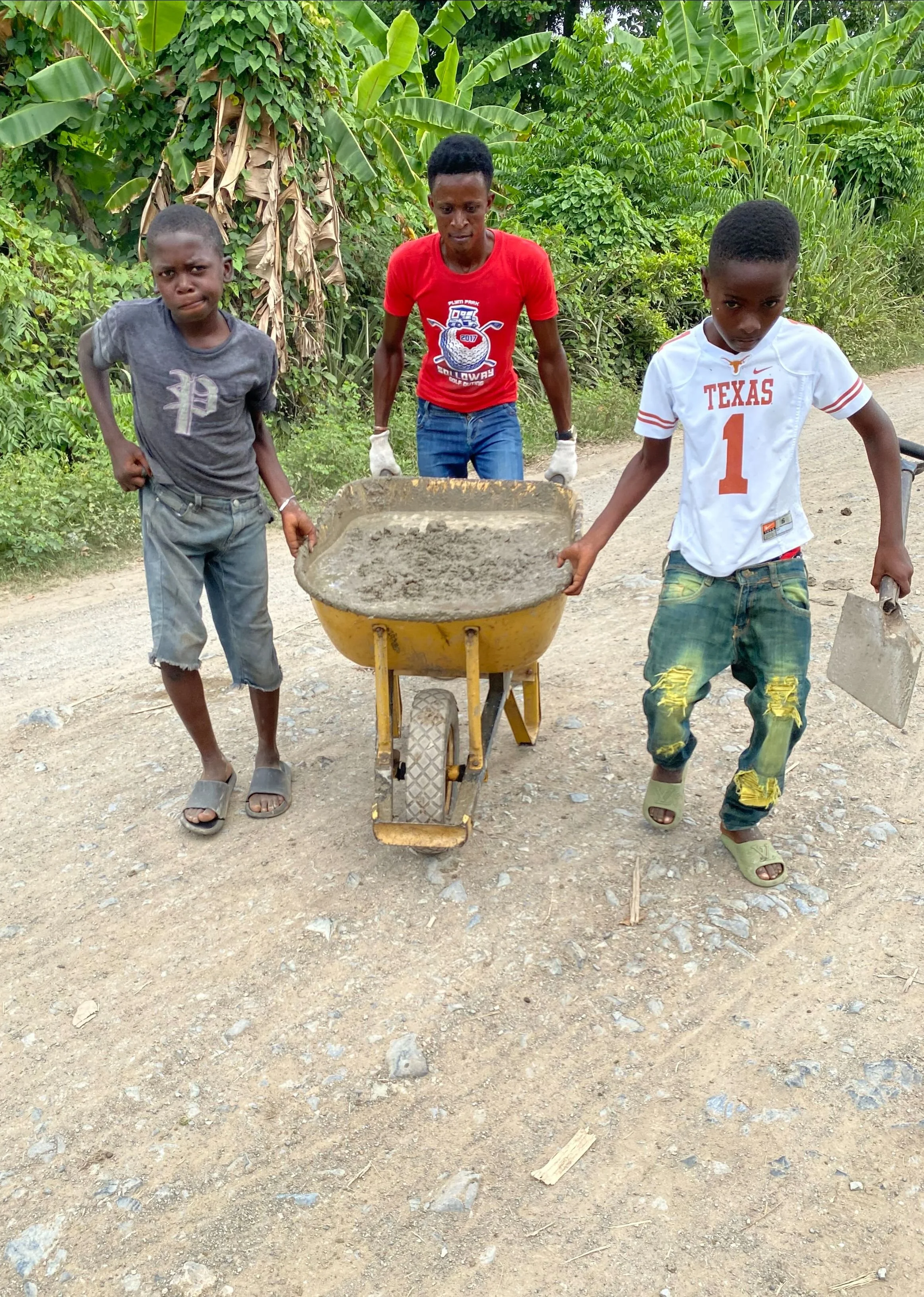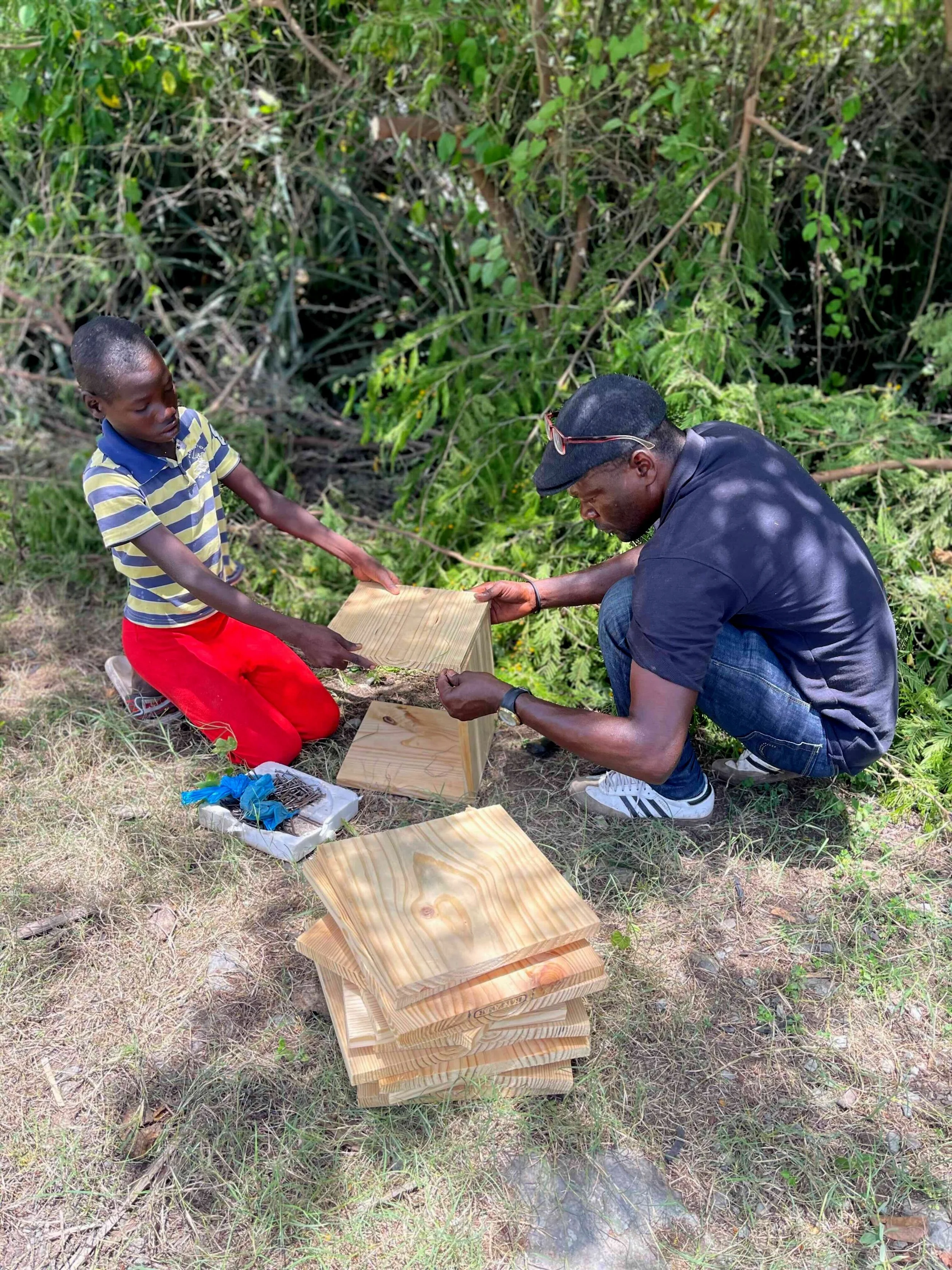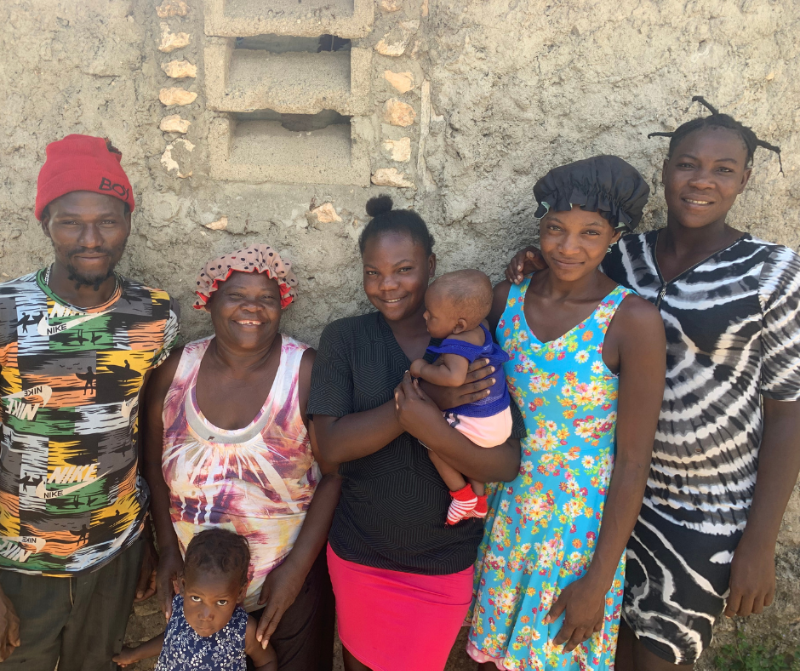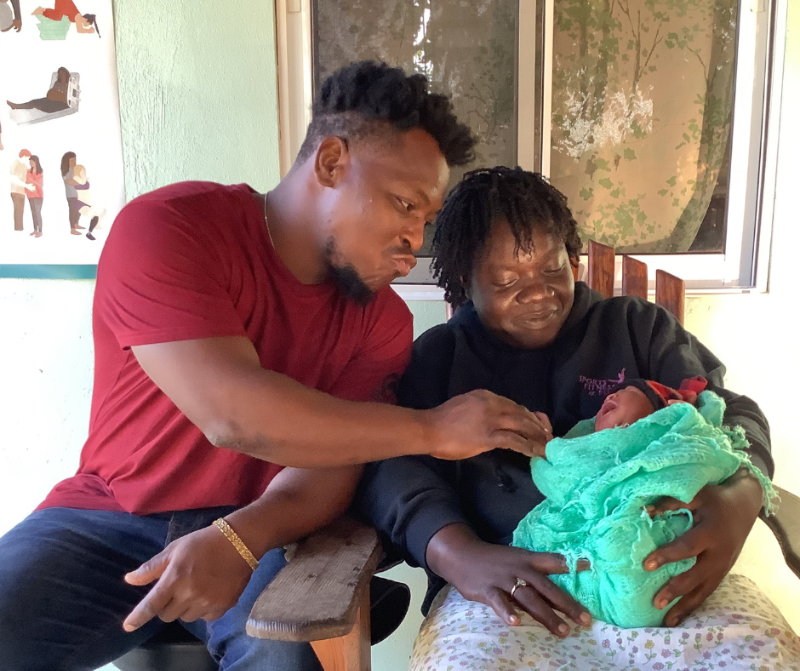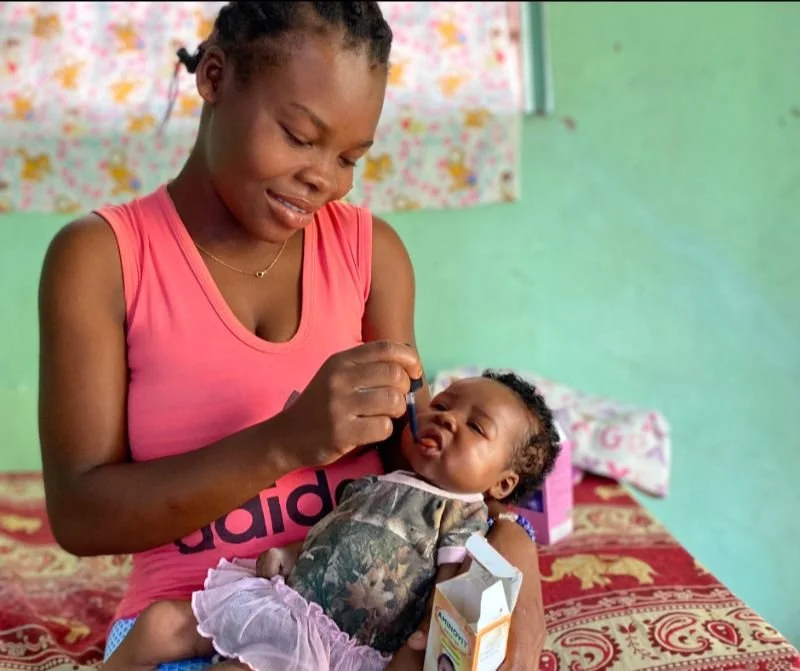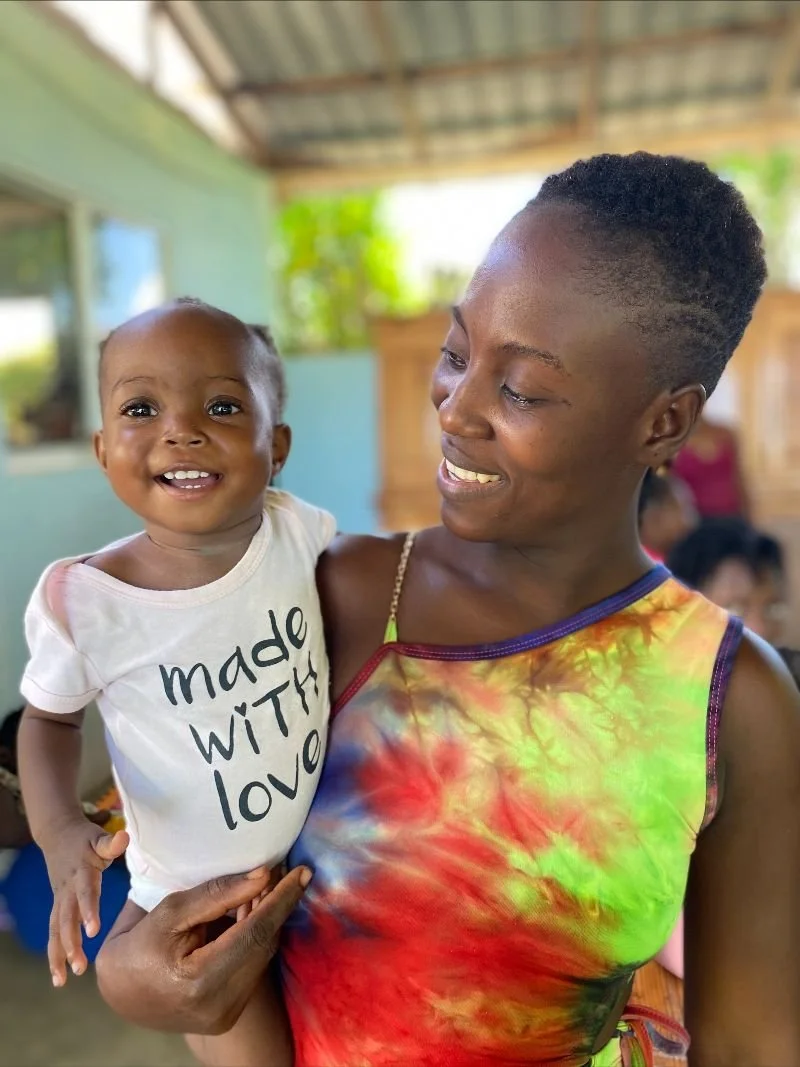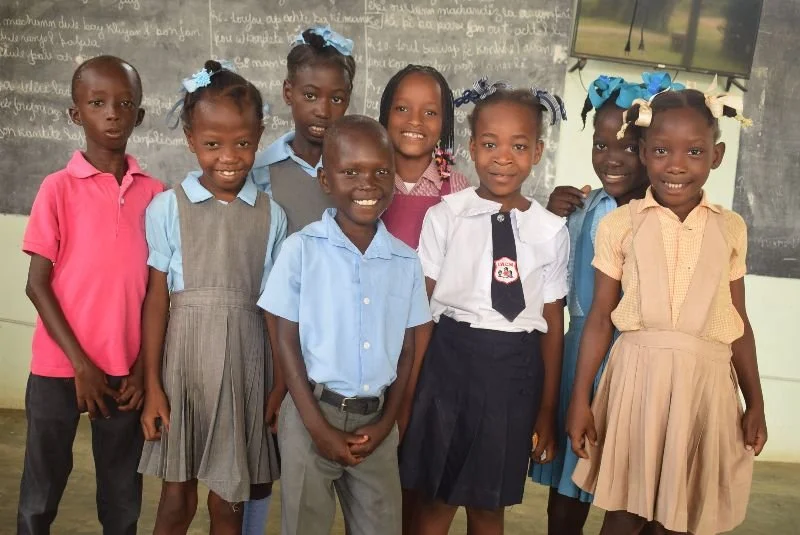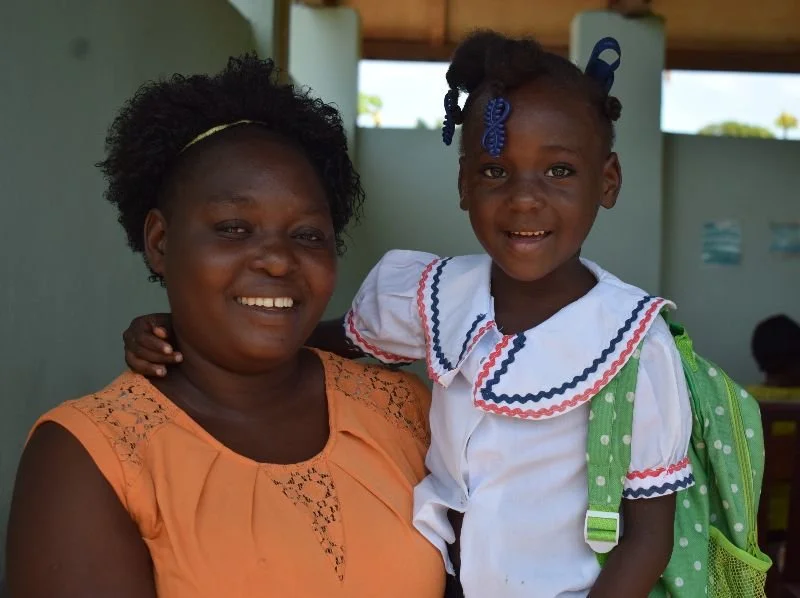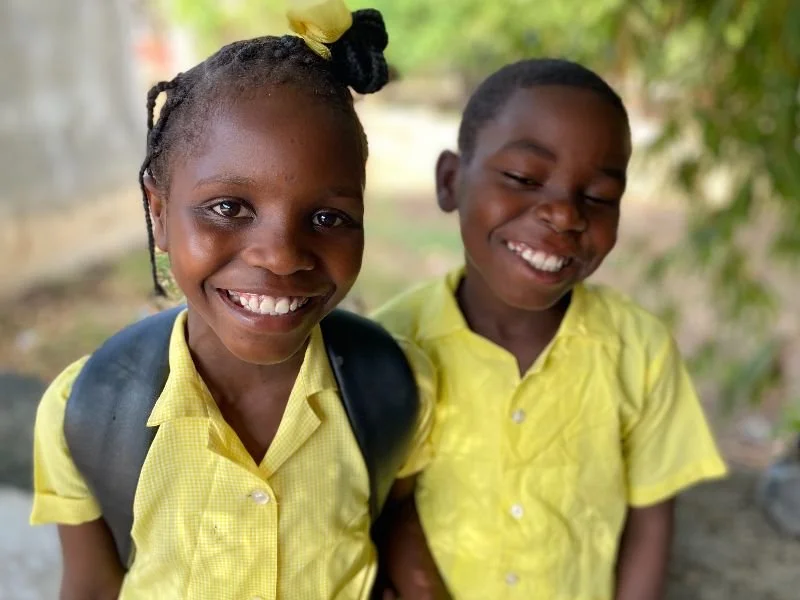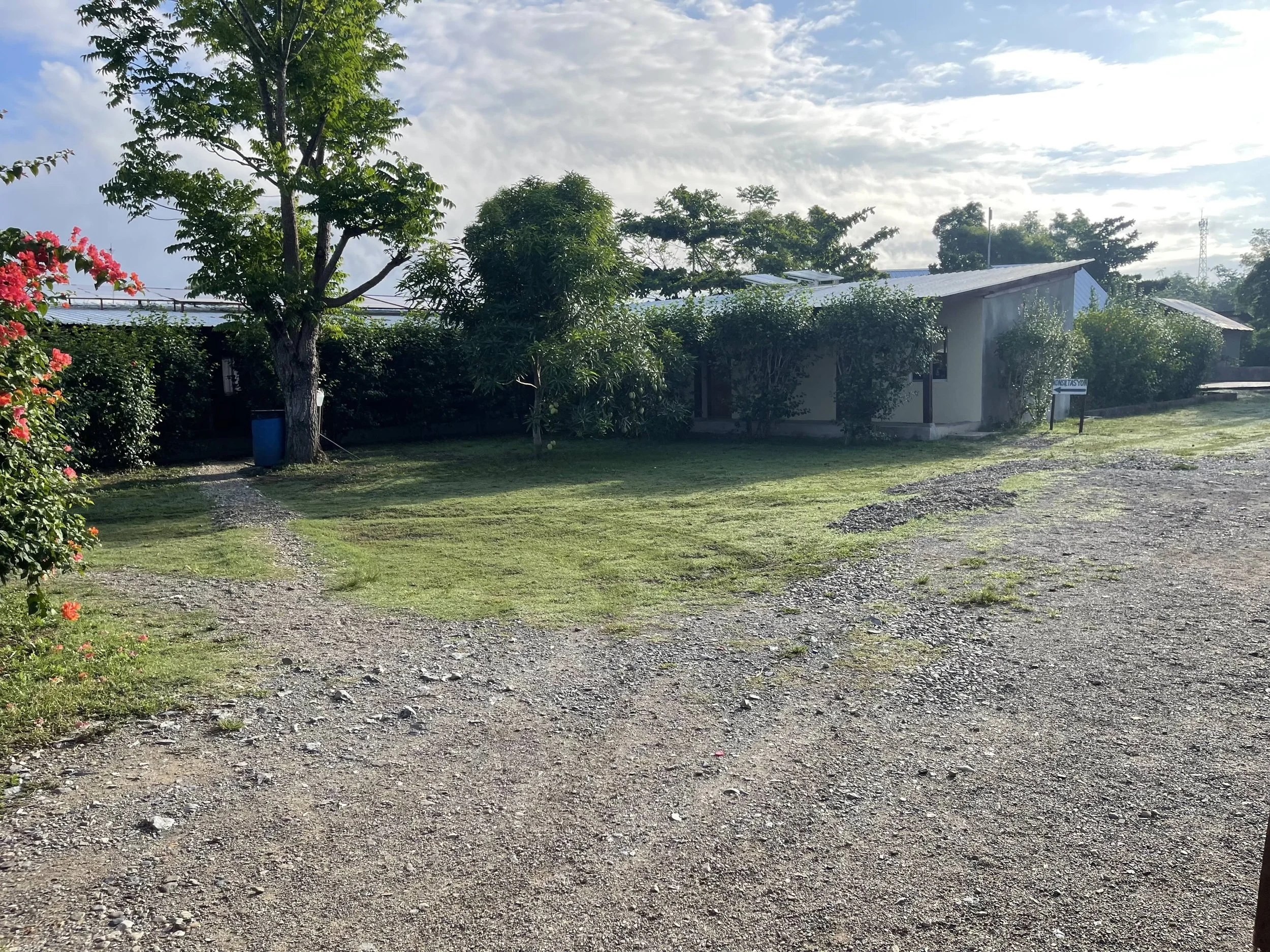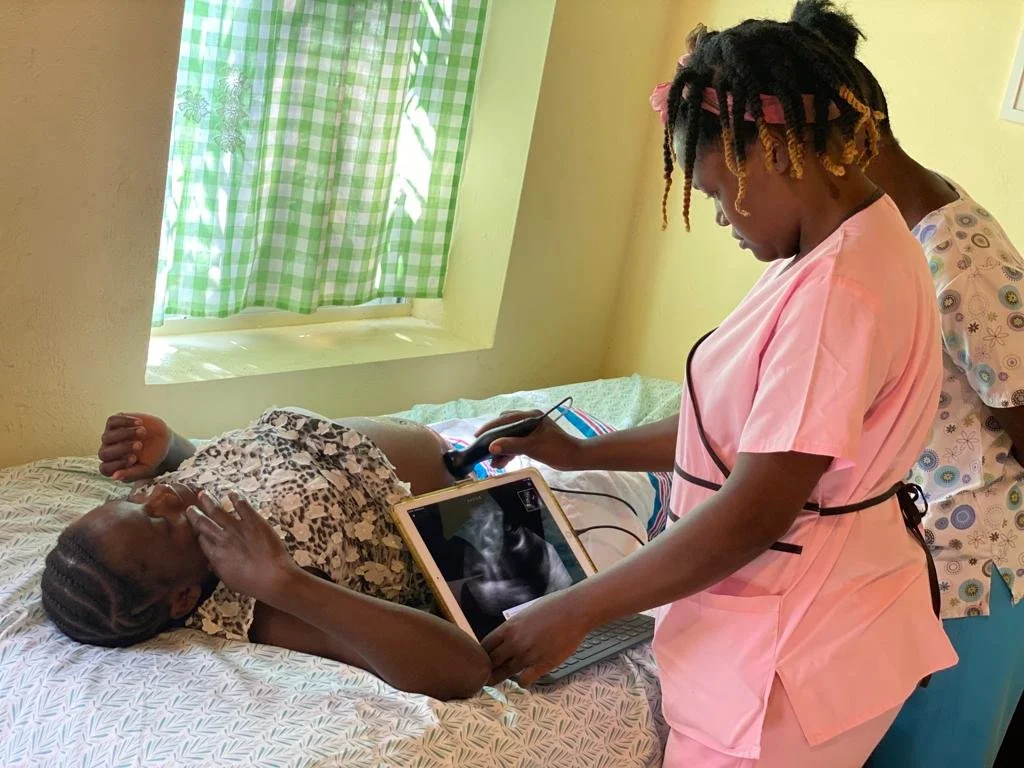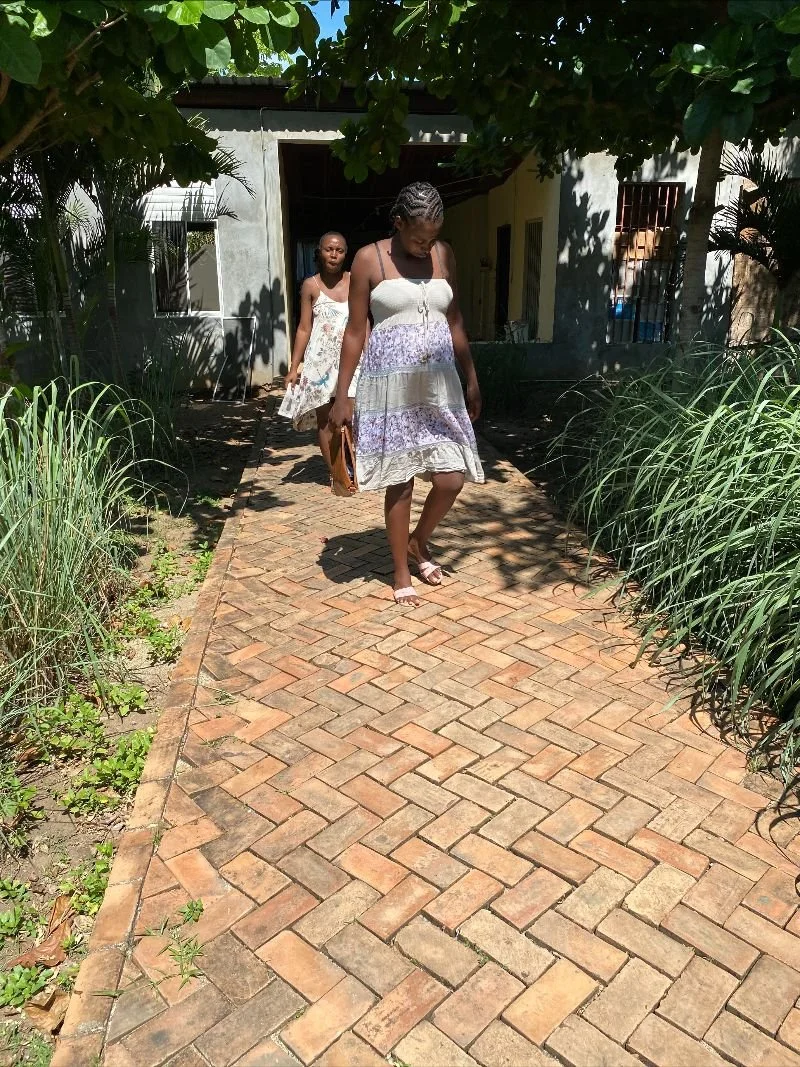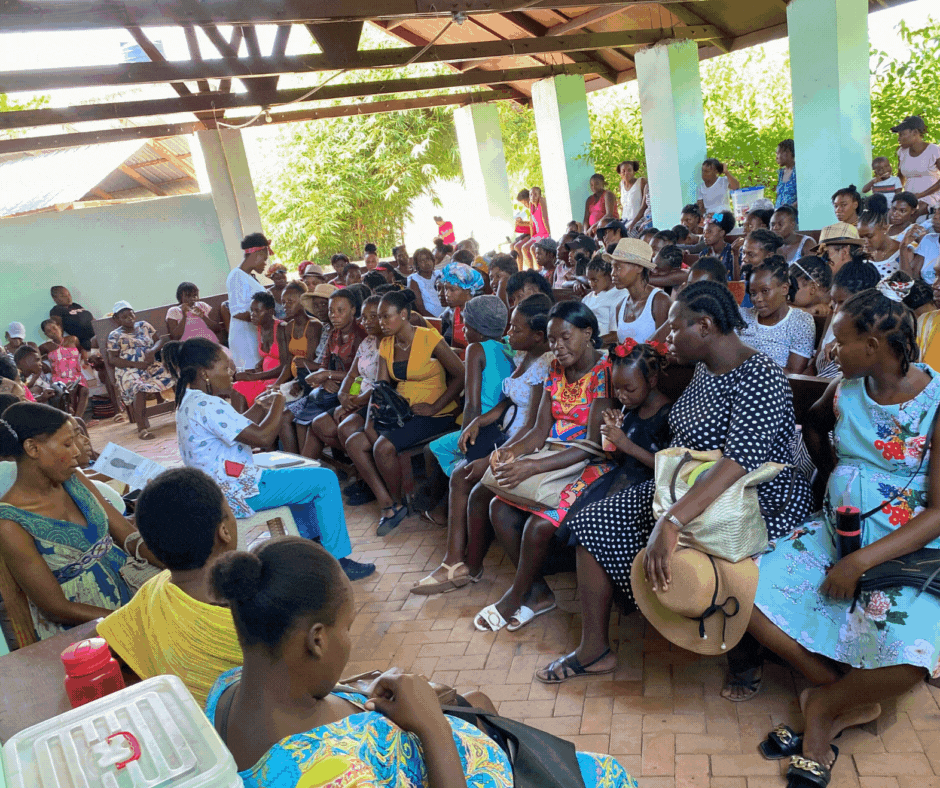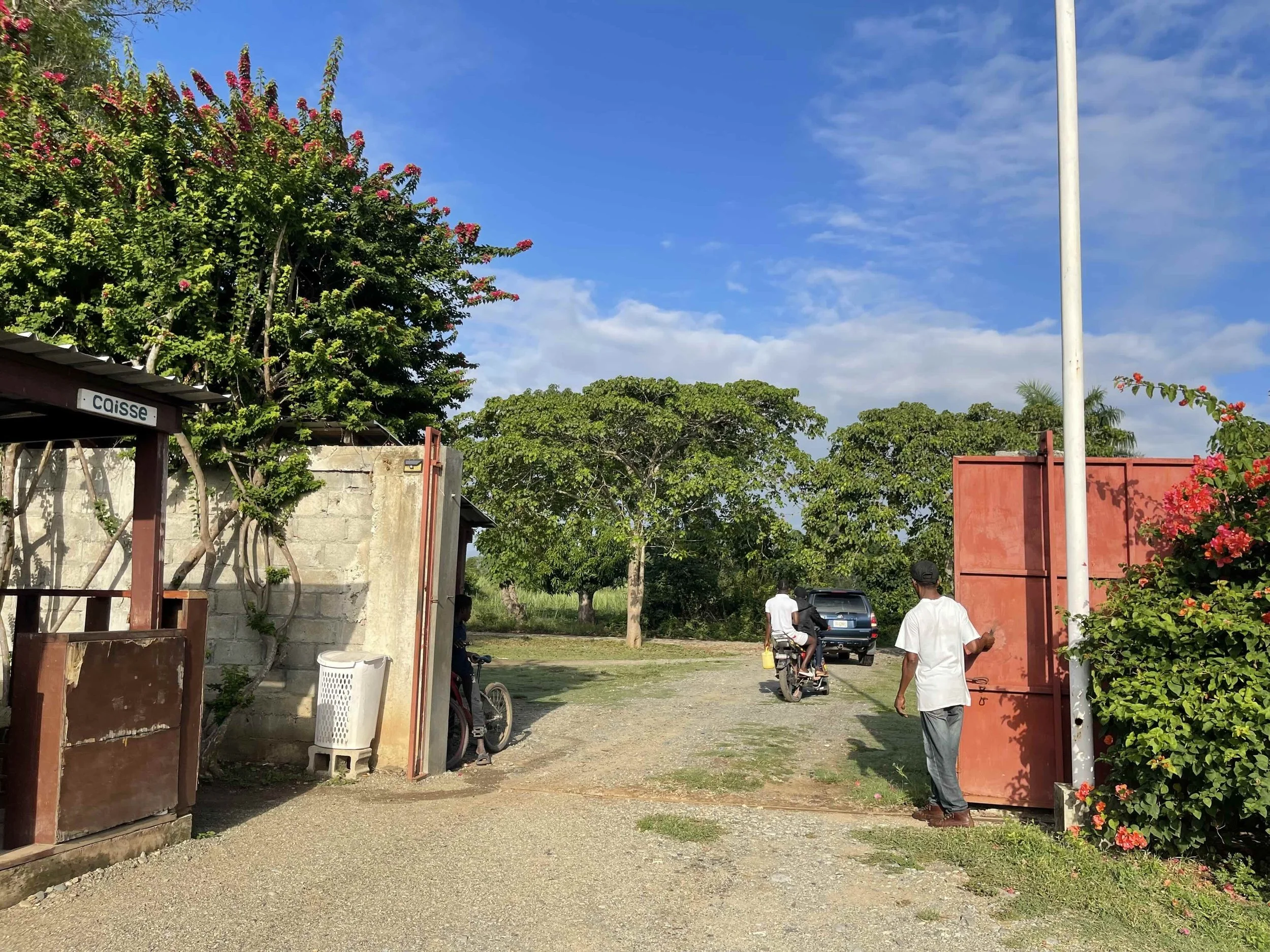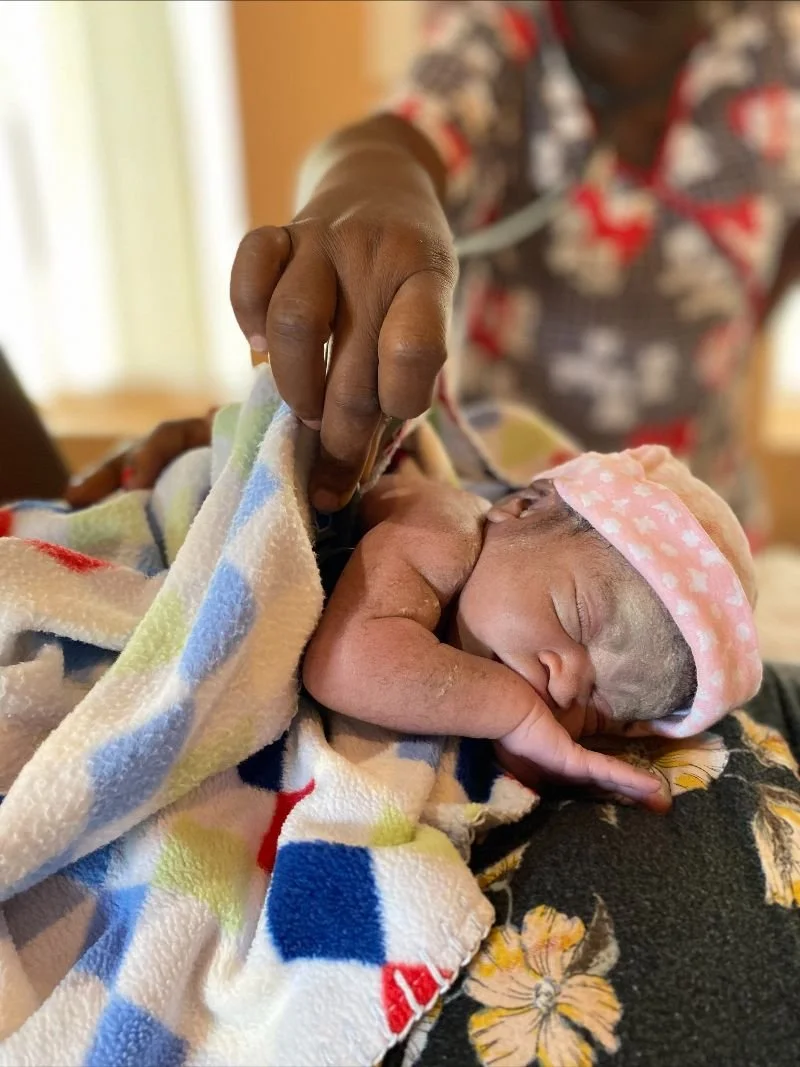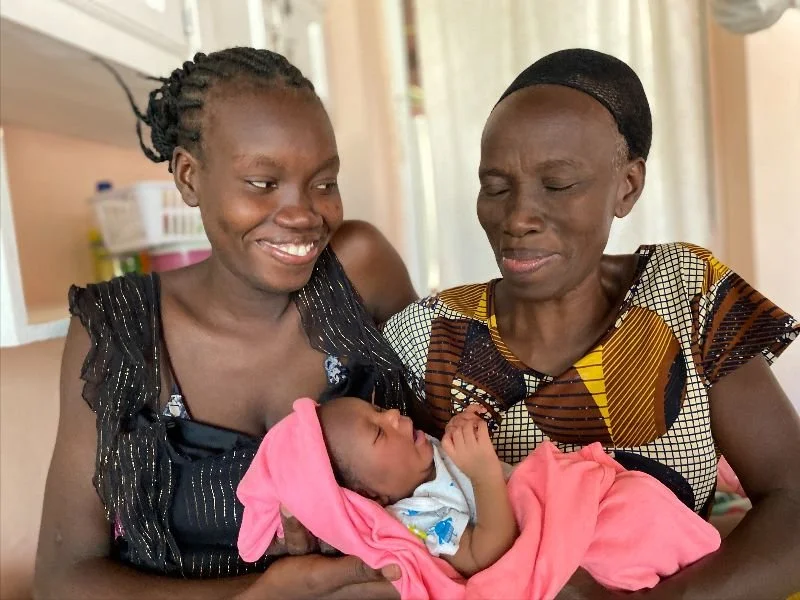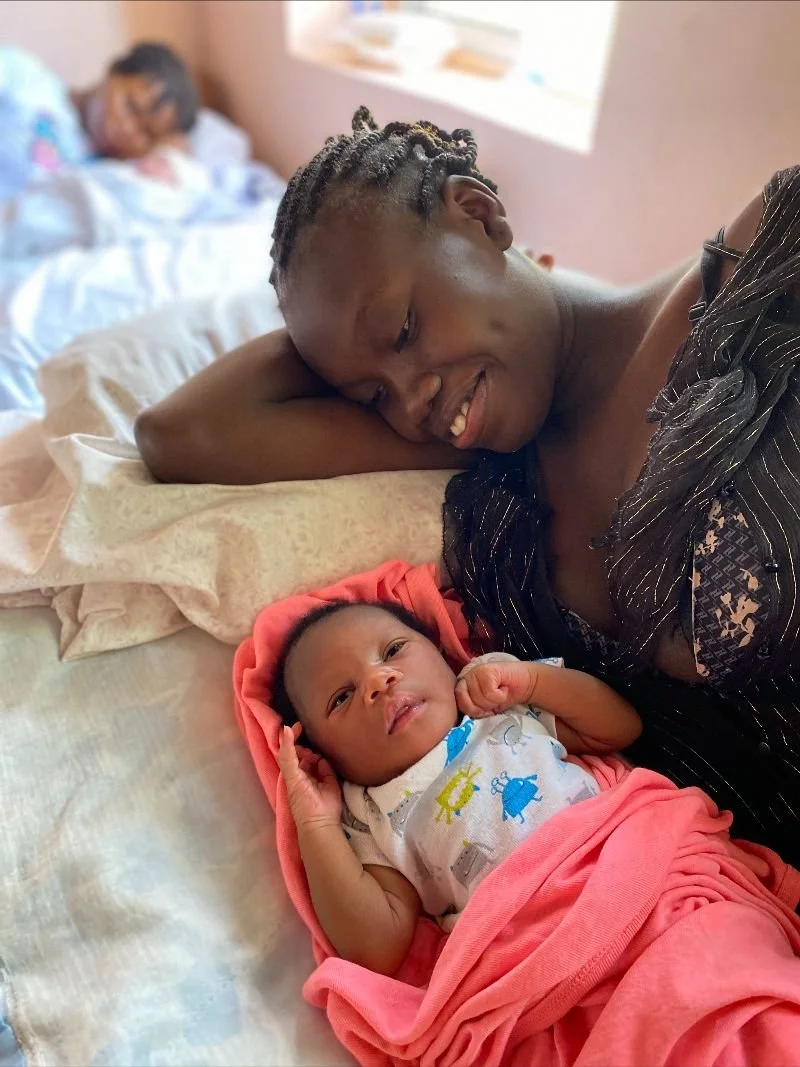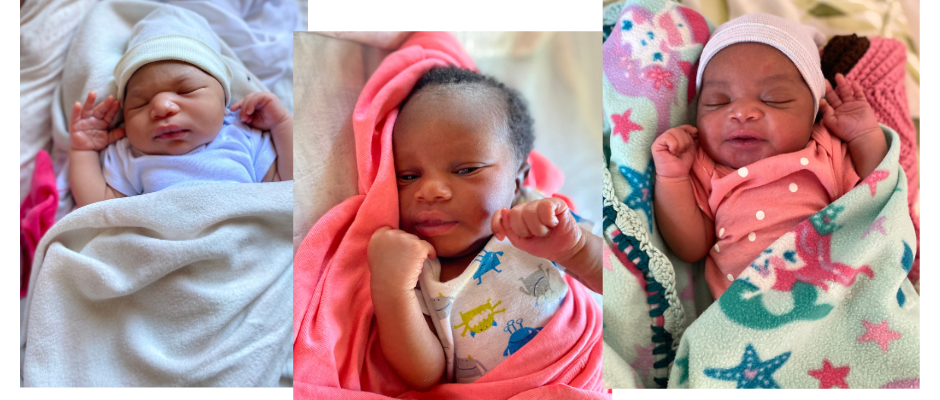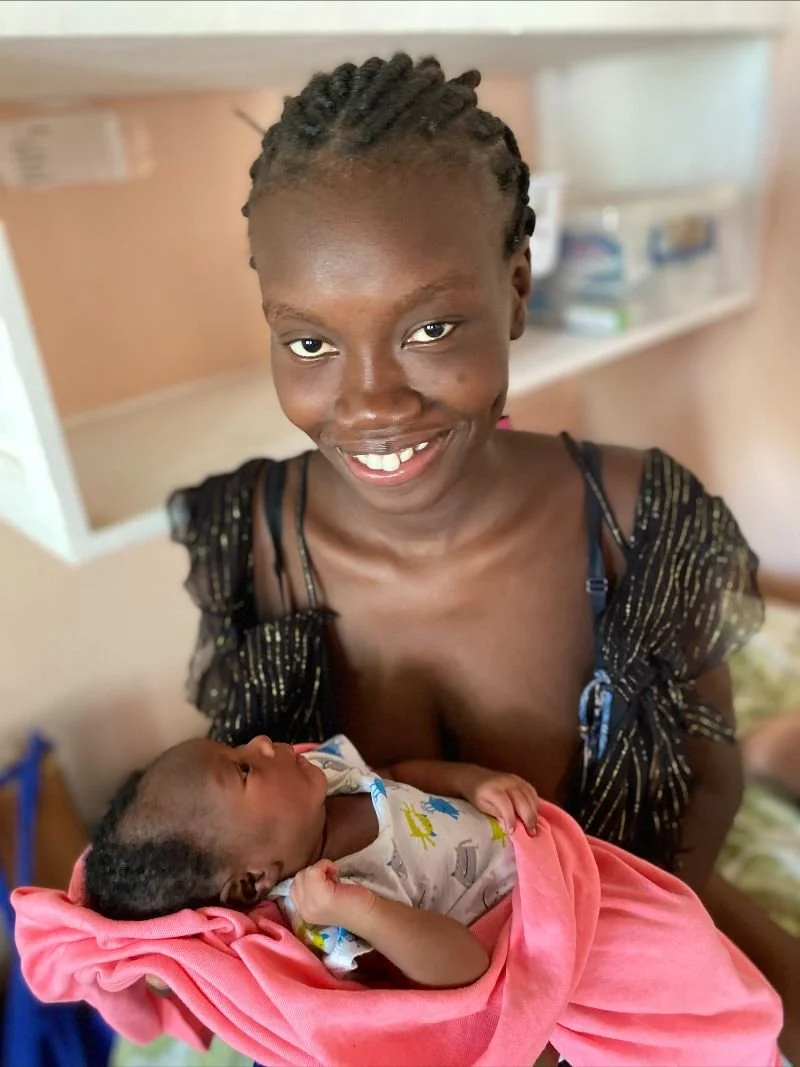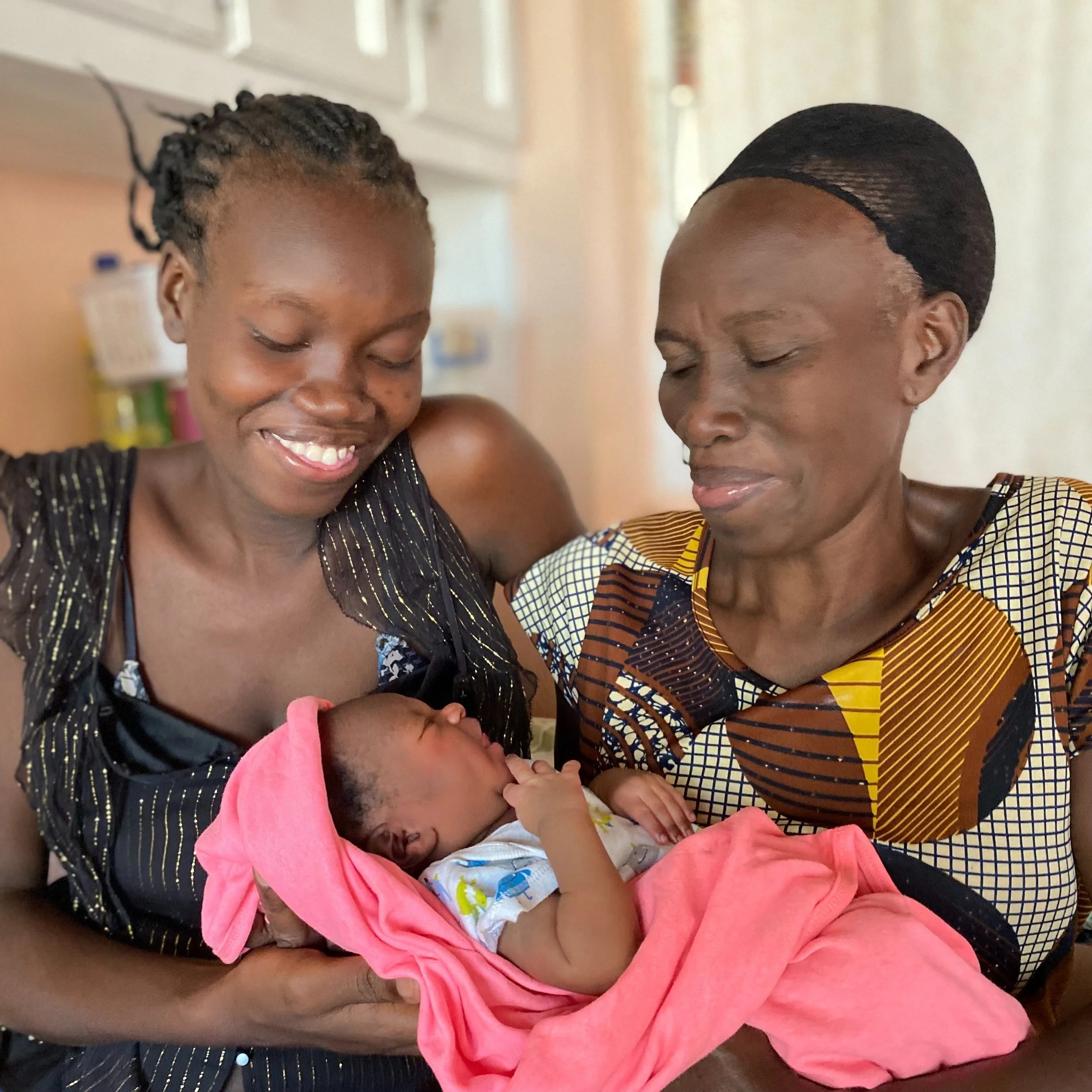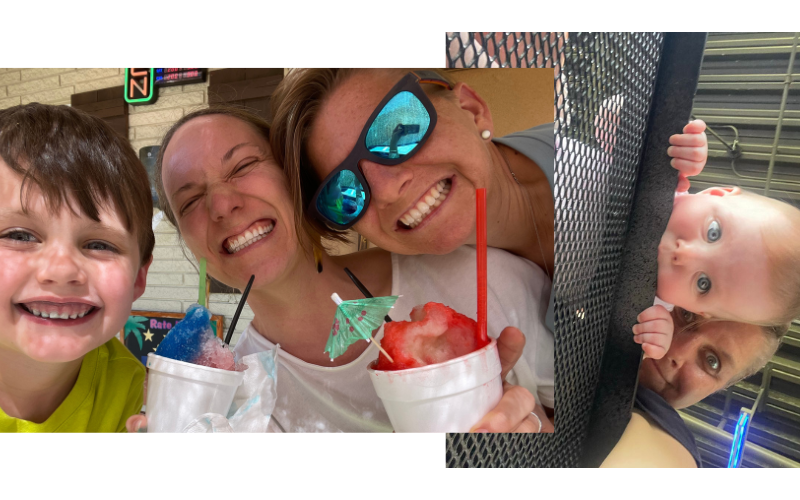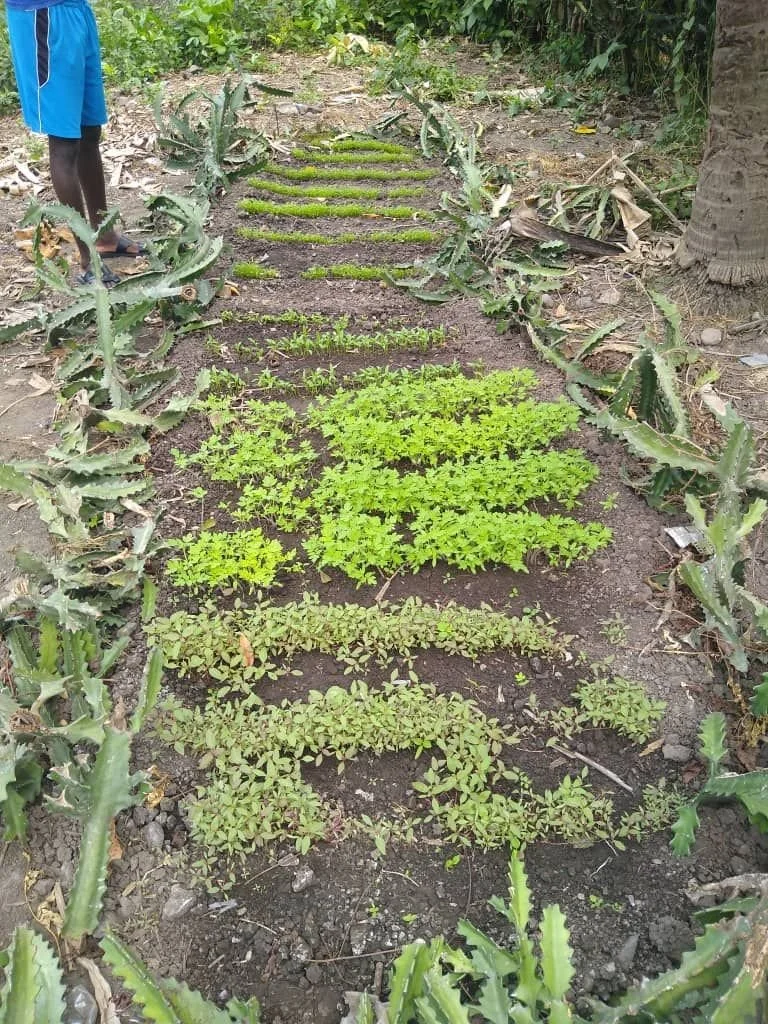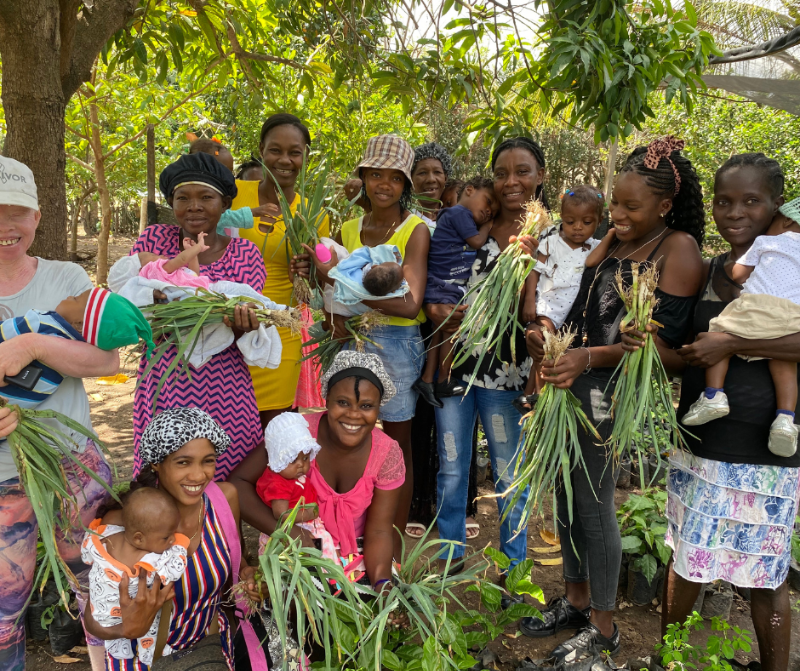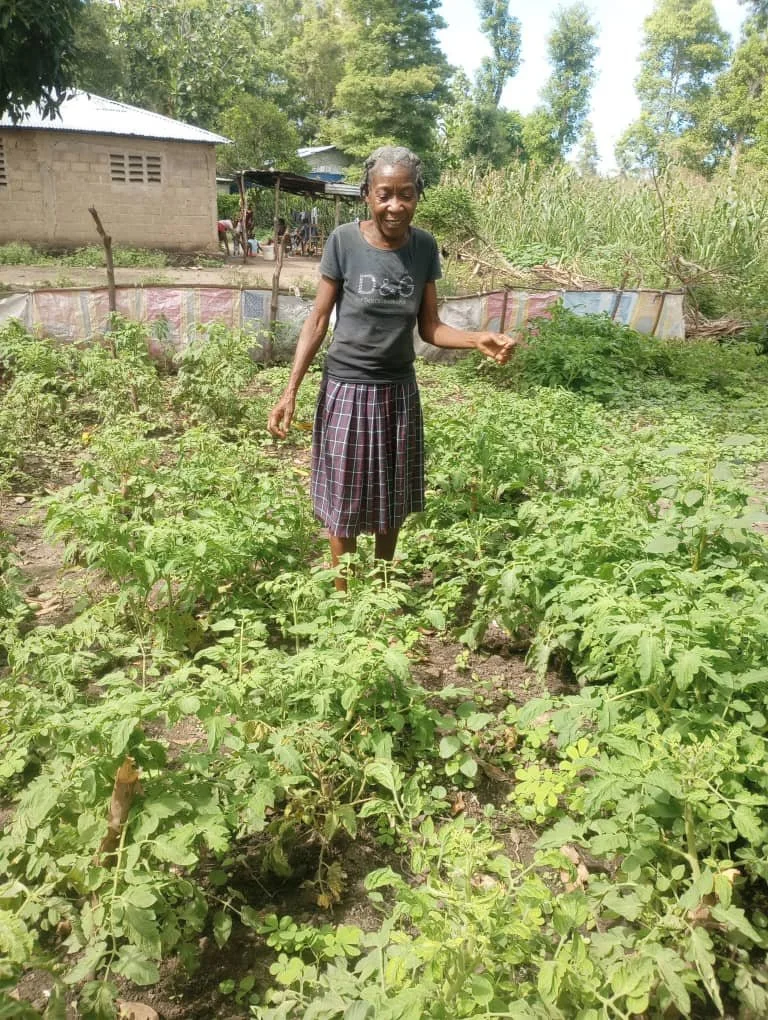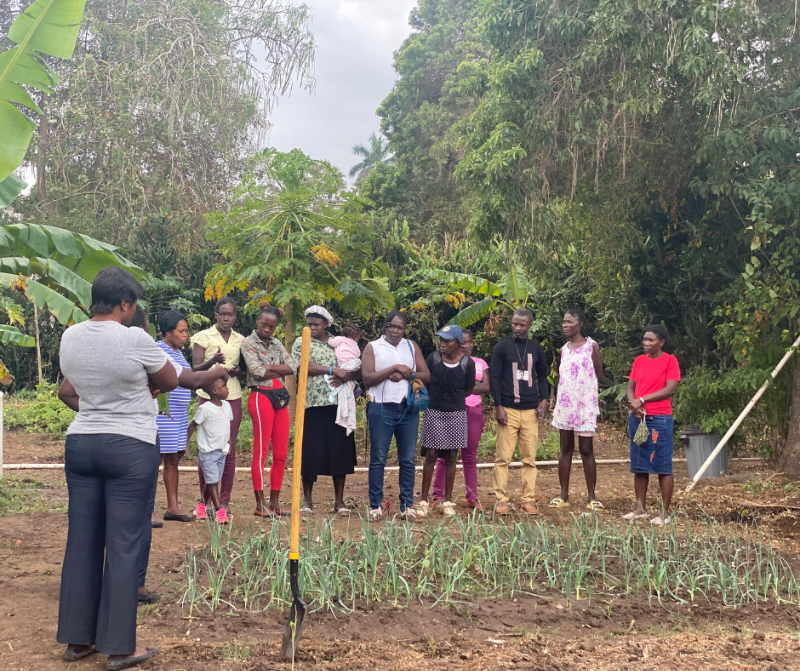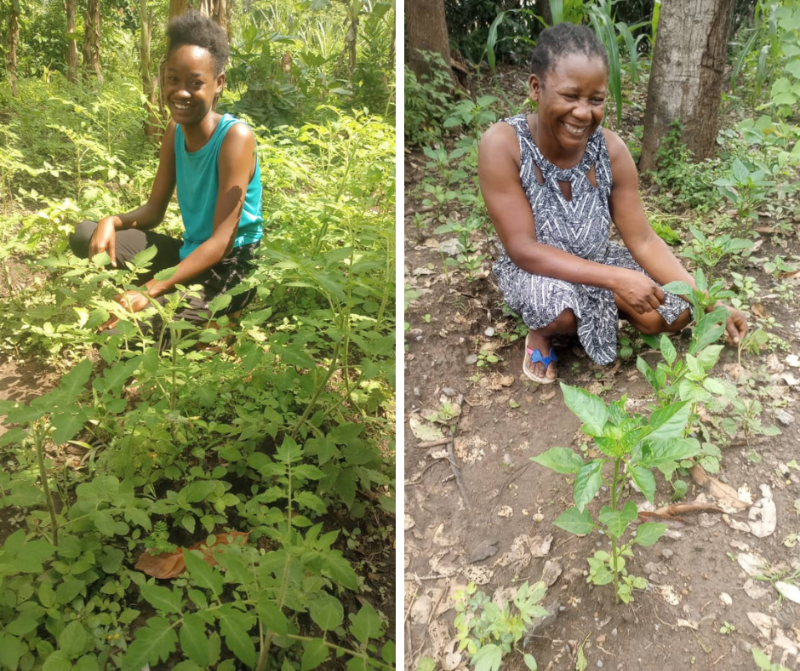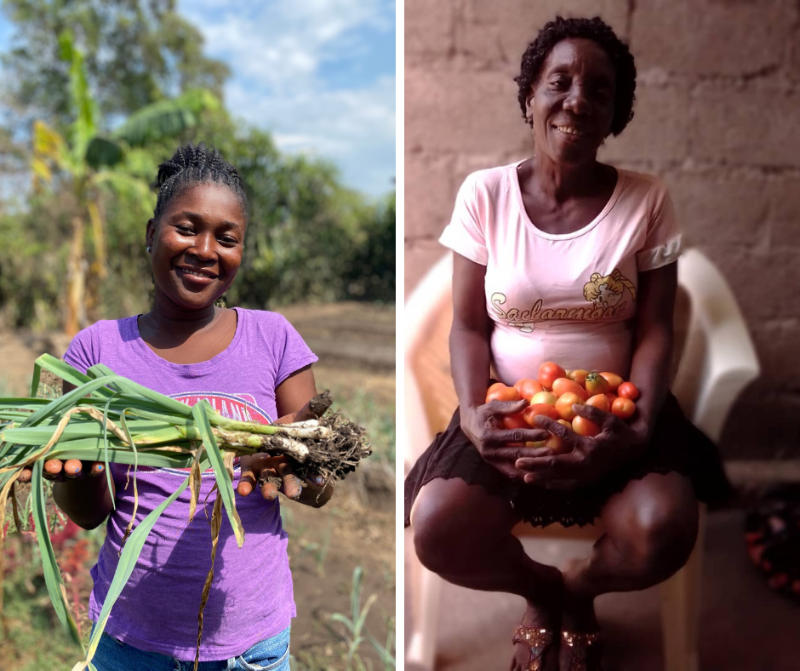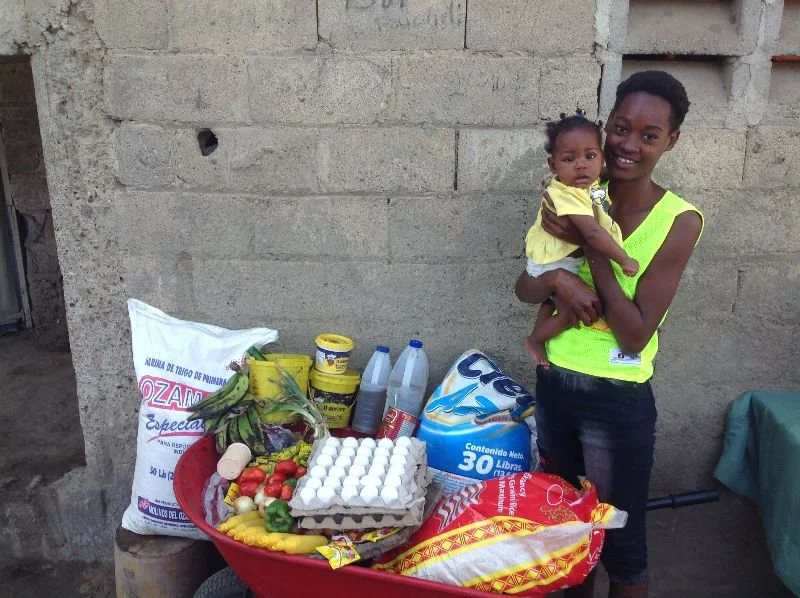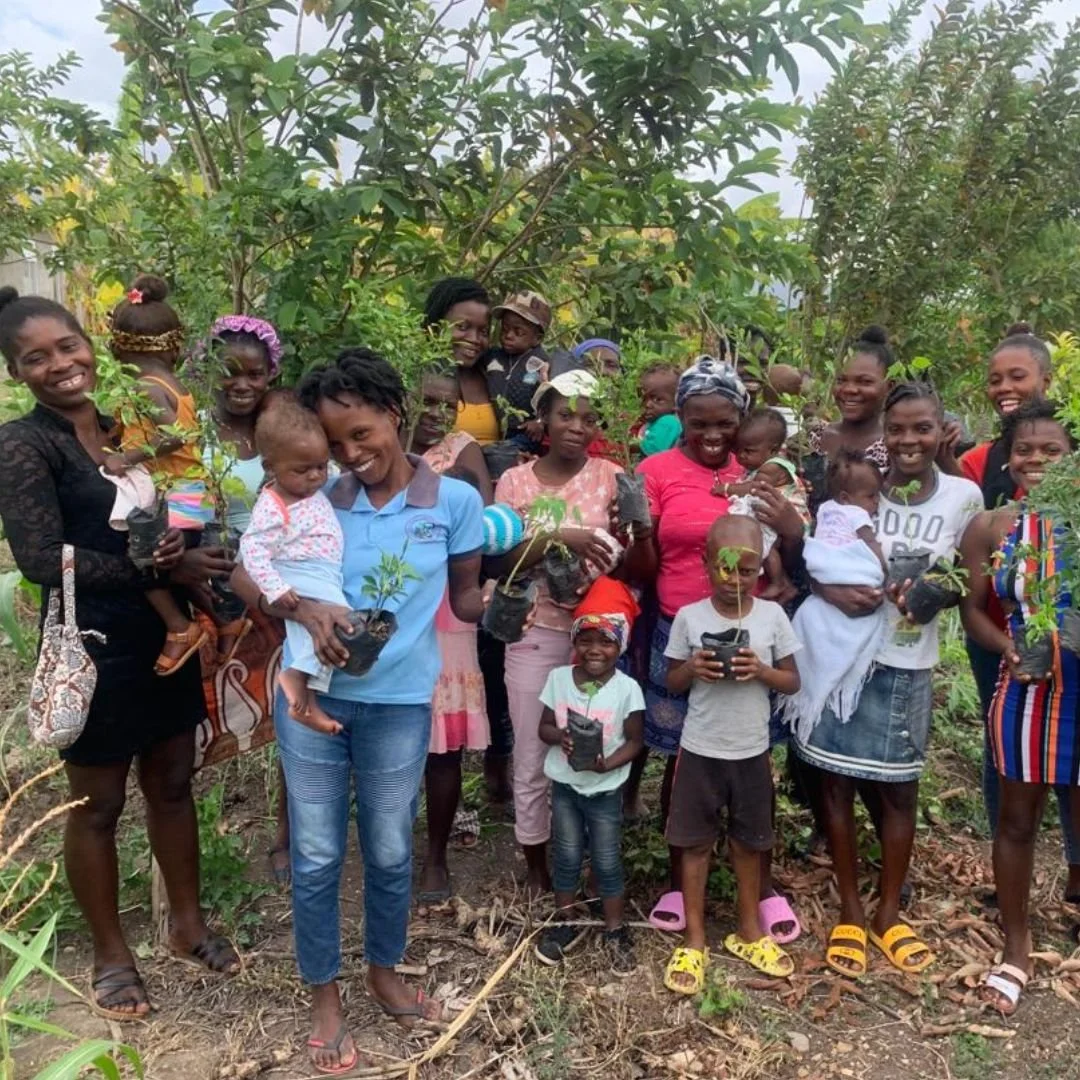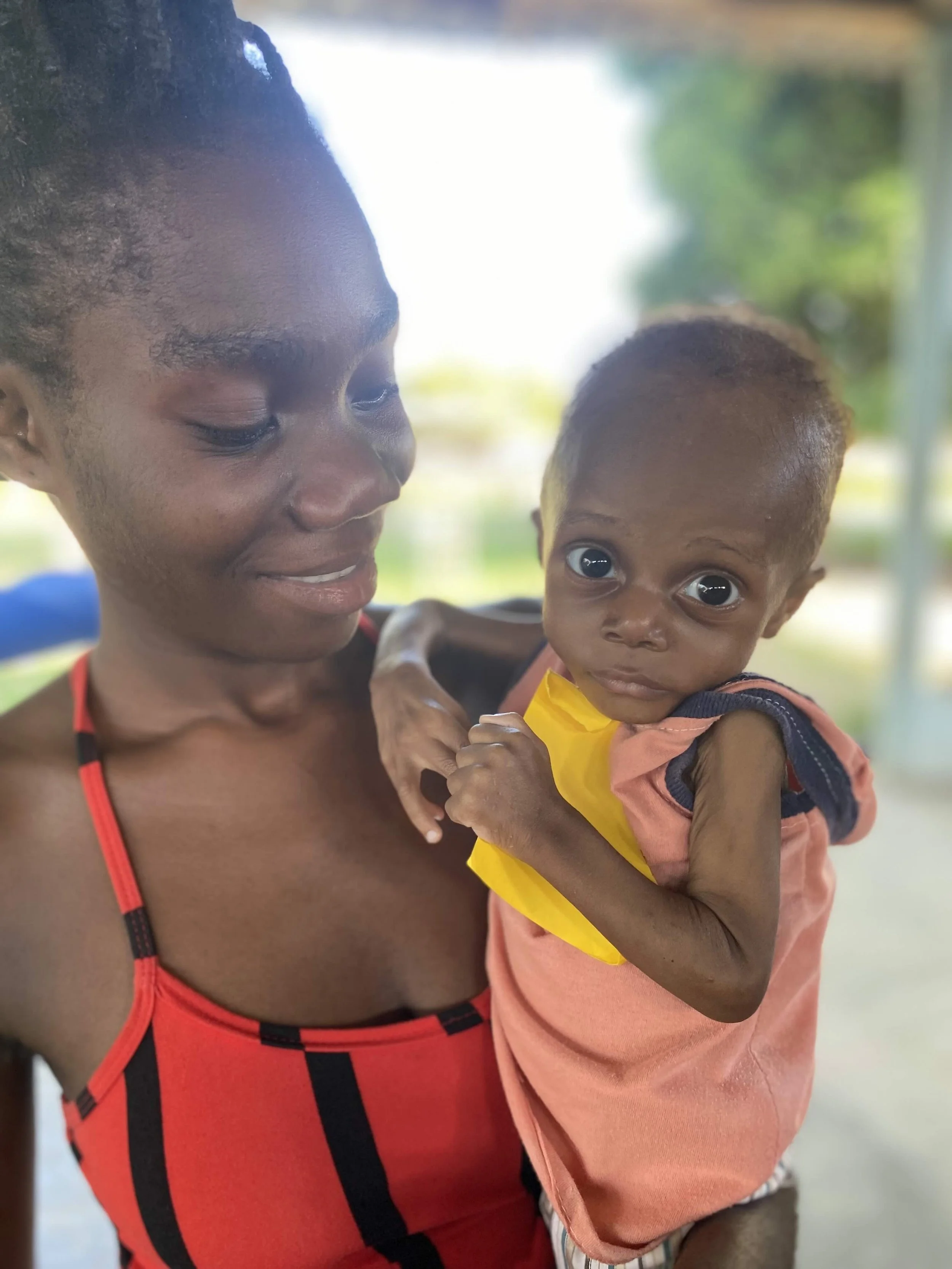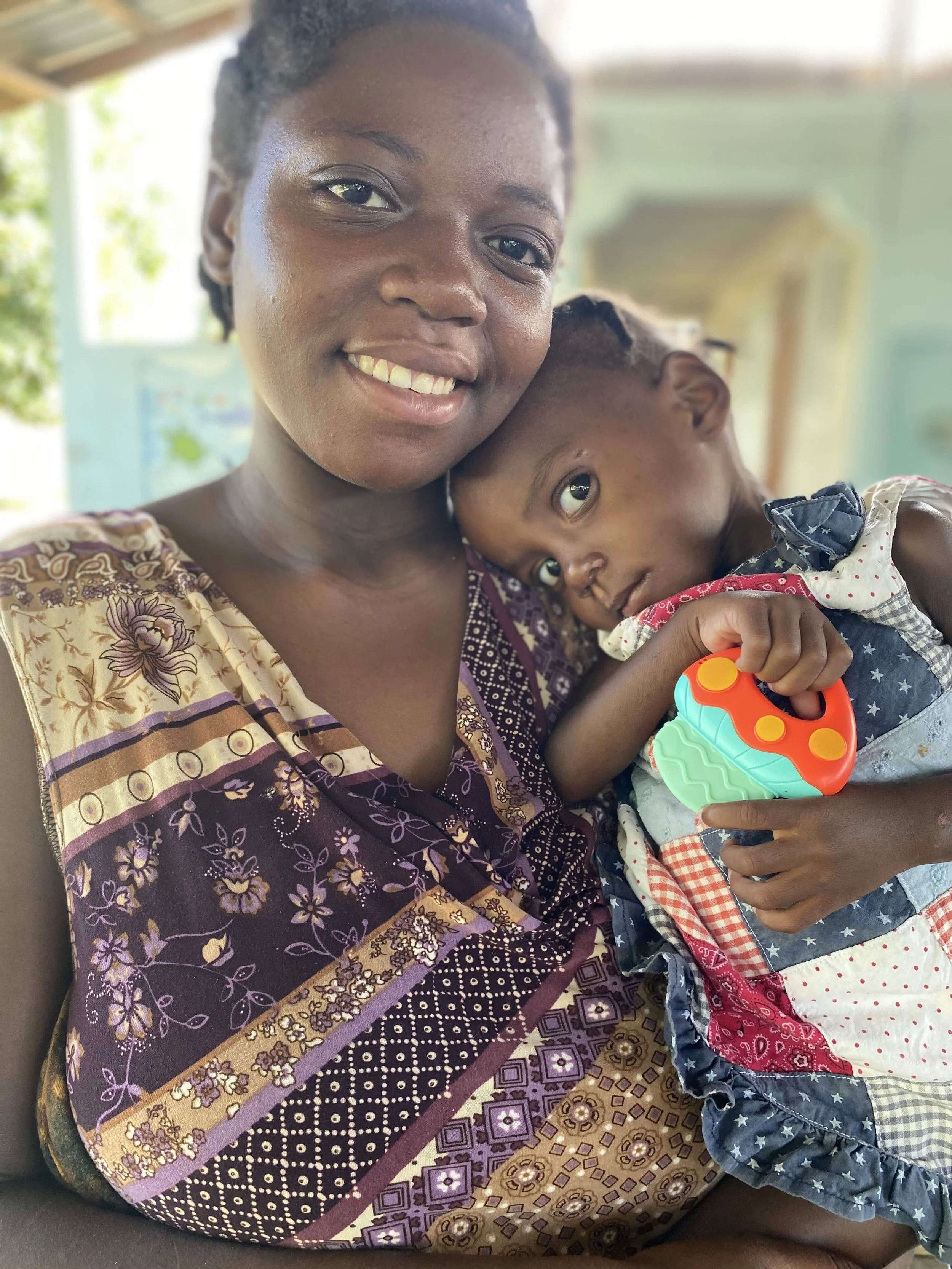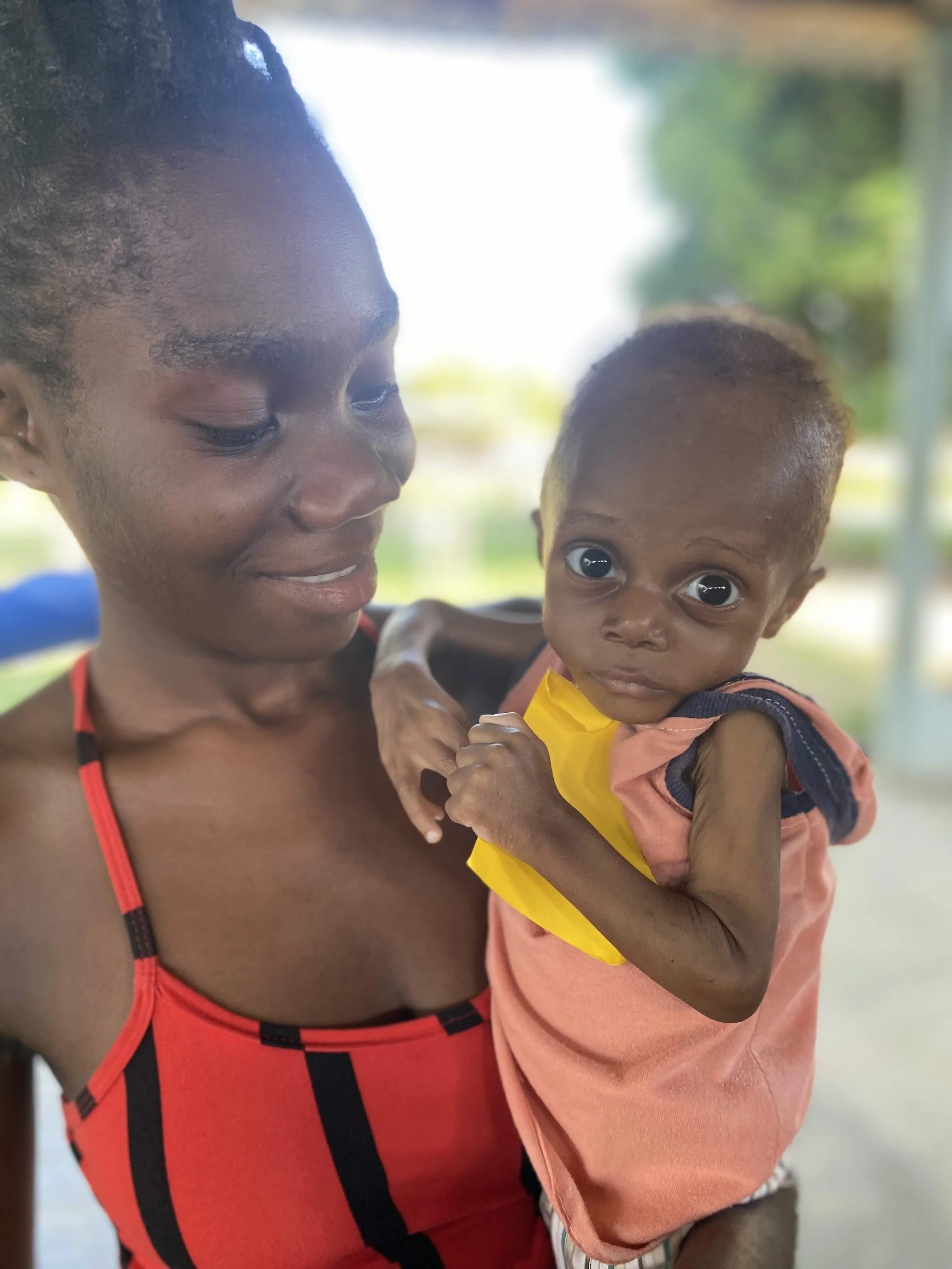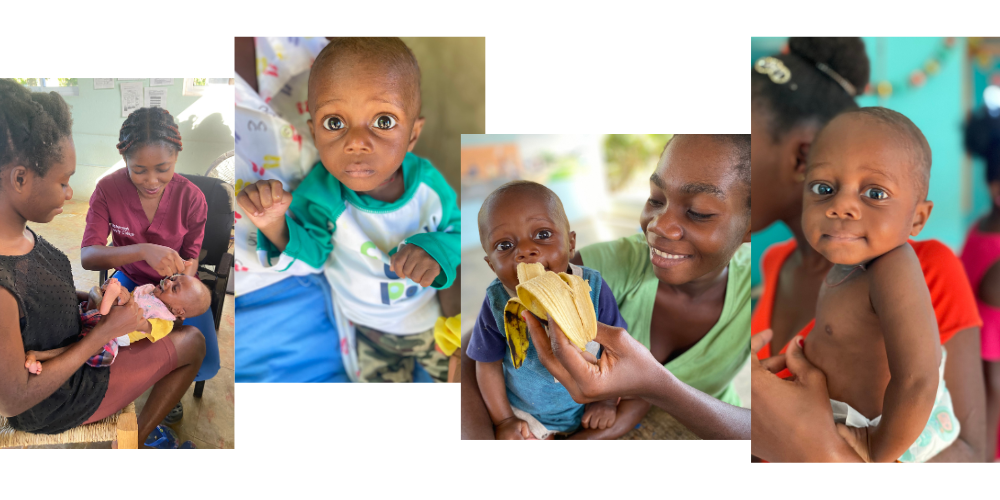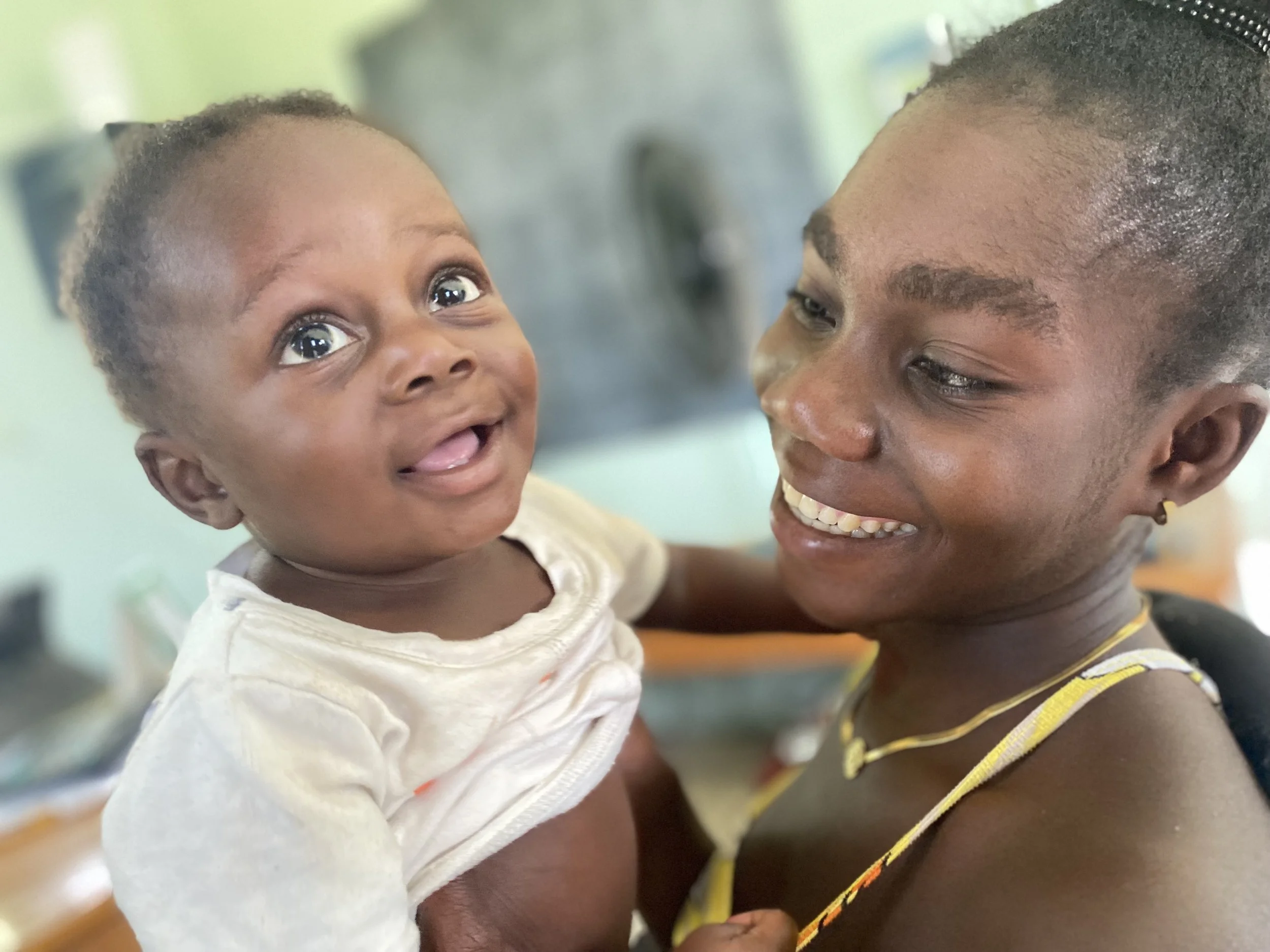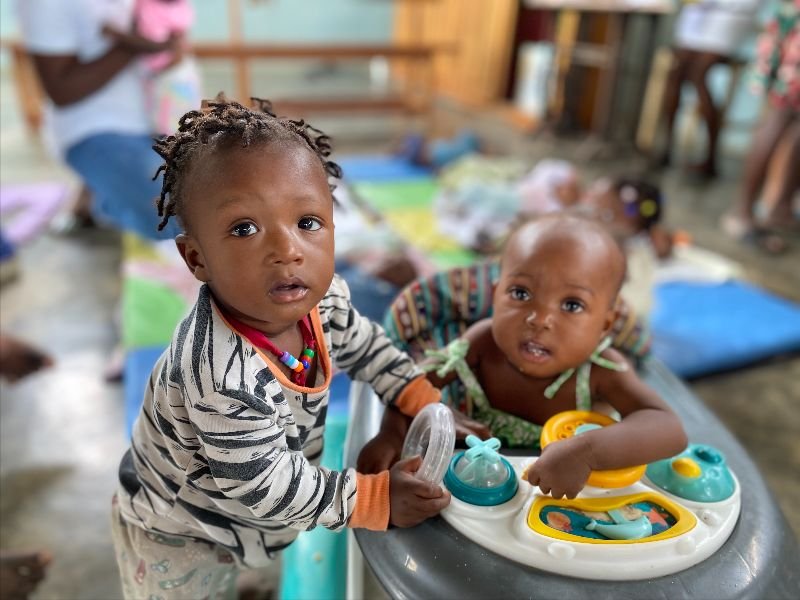Hi Second Mile Haiti Family,
You know the back-to-school hustle that happens during the days right before returning to the classroom?
Gathering materials and supplies needed for learning, paying tuition (at least in Haiti), and, of course, finding or making new school uniforms that fit these ever-growing children.
👔👗
We are in the thick of all that right now with our malnutrition graduates who now benefit from the Second Mile Haiti school program.
The new school year is just around the corner, and the excitement is already building. Teachers are preparing their lessons, schools are gearing up for the first day, and families are filled with hope for their children’s future.
Yesterday, we hosted a back-to-school meeting for the malnutrition graduates who have already benefited from the school program in past years. One hundred and twenty families met yesterday at our education center and the team worked all day to get each student's information and collect the required documents to enroll them in classes and deliver their school books.
Our campuses are usually pretty lively, but this was next level!
Our dogs, who live on campus with us were not so impressed by the takeover of tiny humans. We, on the other hand, loved it.
There were many squeals of excitement from the school kids and probably some from the parents, too. 🎉
Because let’s face it, having everything you need to send your child Back-to-School is a really big deal.
In rural areas especially, access to education is limited, and the costs of school supplies, transportation, uniforms, and tuition can make schooling out of reach for many families.
Education is not just about learning math or science – it is about building confidence, cultivating strong communities, and breaking cycles of poverty.
One of those children gaining an education through our school sponsorship program is Ketnise, a happy-going eleven-year-old who spent time at a Second Mile Haiti malnutrition treatment center in 2014 with her dad, Kenor, when she was 18 months old.
Kenor has been the primary guardian of Ketnise since she was six months old, always by her side. Talk about a super-dad!
💥🦸🏿
Ketnise is entering the fourth grade now, where she will gain confidence, develop new skills, and build dreams for her future-- all thanks to your generosity towards our school sponsorship program.
Through education, kids like Ketnise, are accessing tools that let them dream big and think beyond the limitations of their current circumstances.
Thank you for helping us send Ketnise and her friends off to school with a strong start this year! 📚🎒
We love that this community believes in the power of education and wants to make a lasting impact in Haiti.
Together, we are making a difference, one student at a time.
Sending love from our buzzing campus home to yours. 🐝
Amy, Jenn and the Second Mile Team
❤️ 🇭🇹
